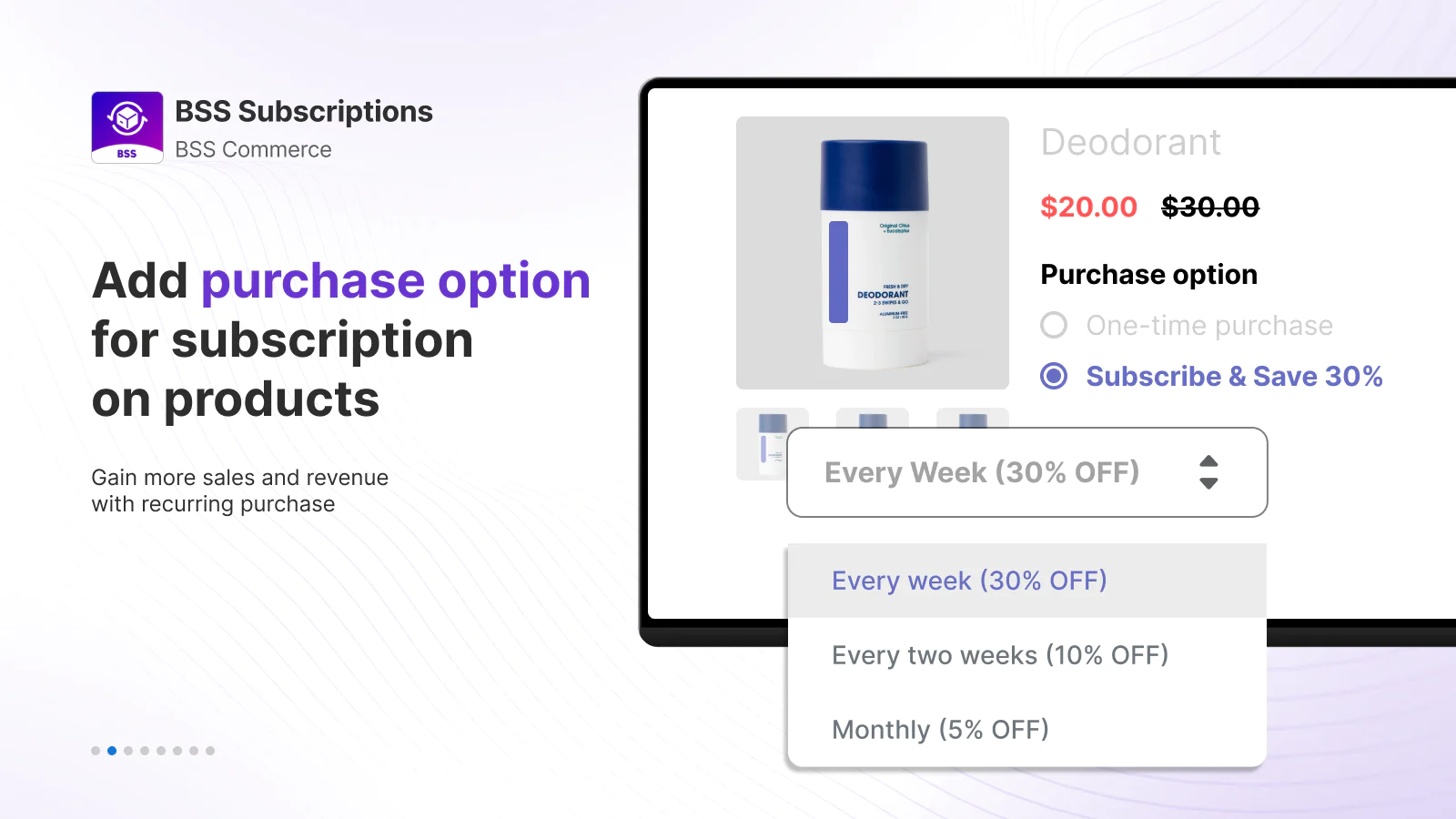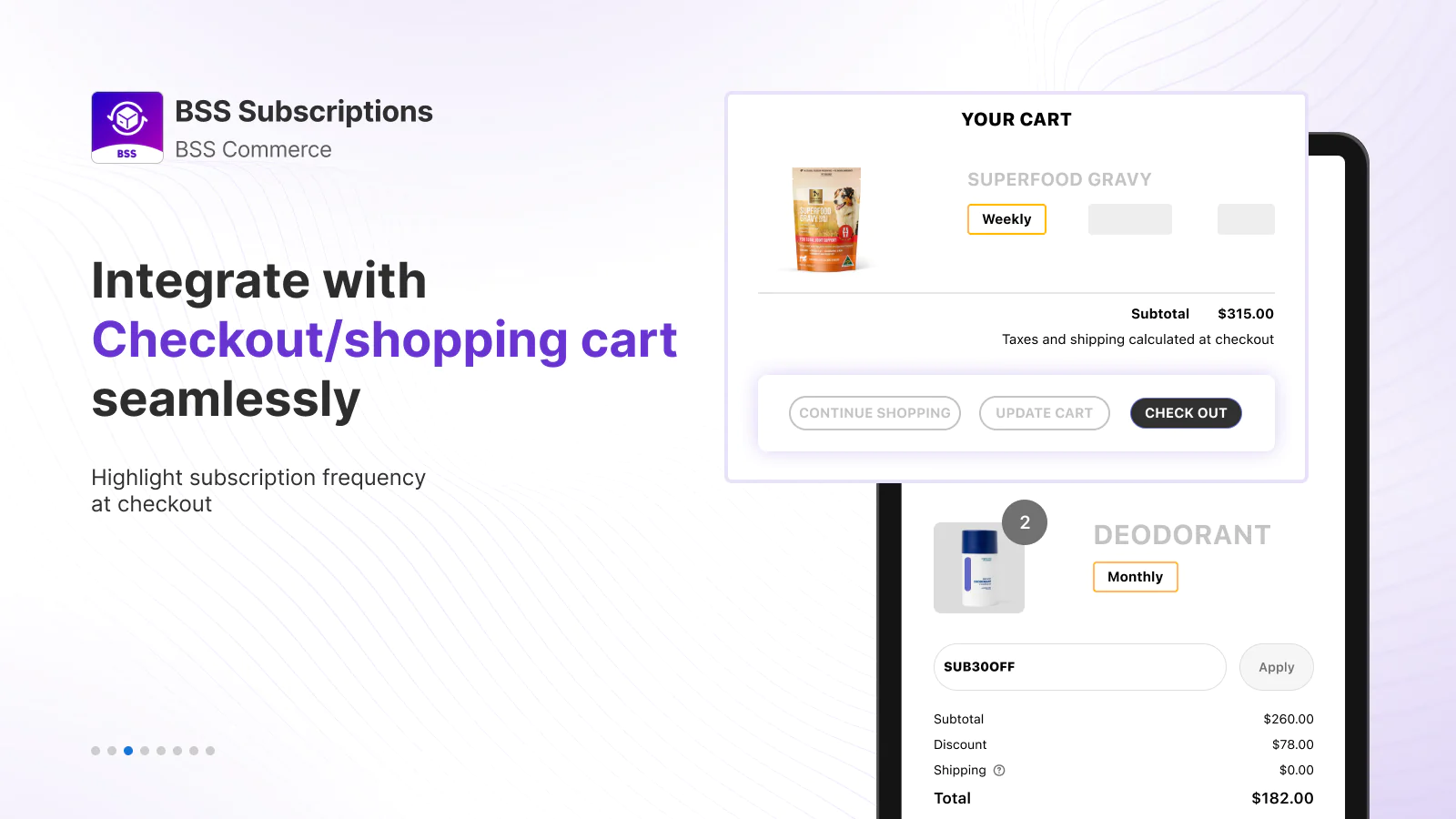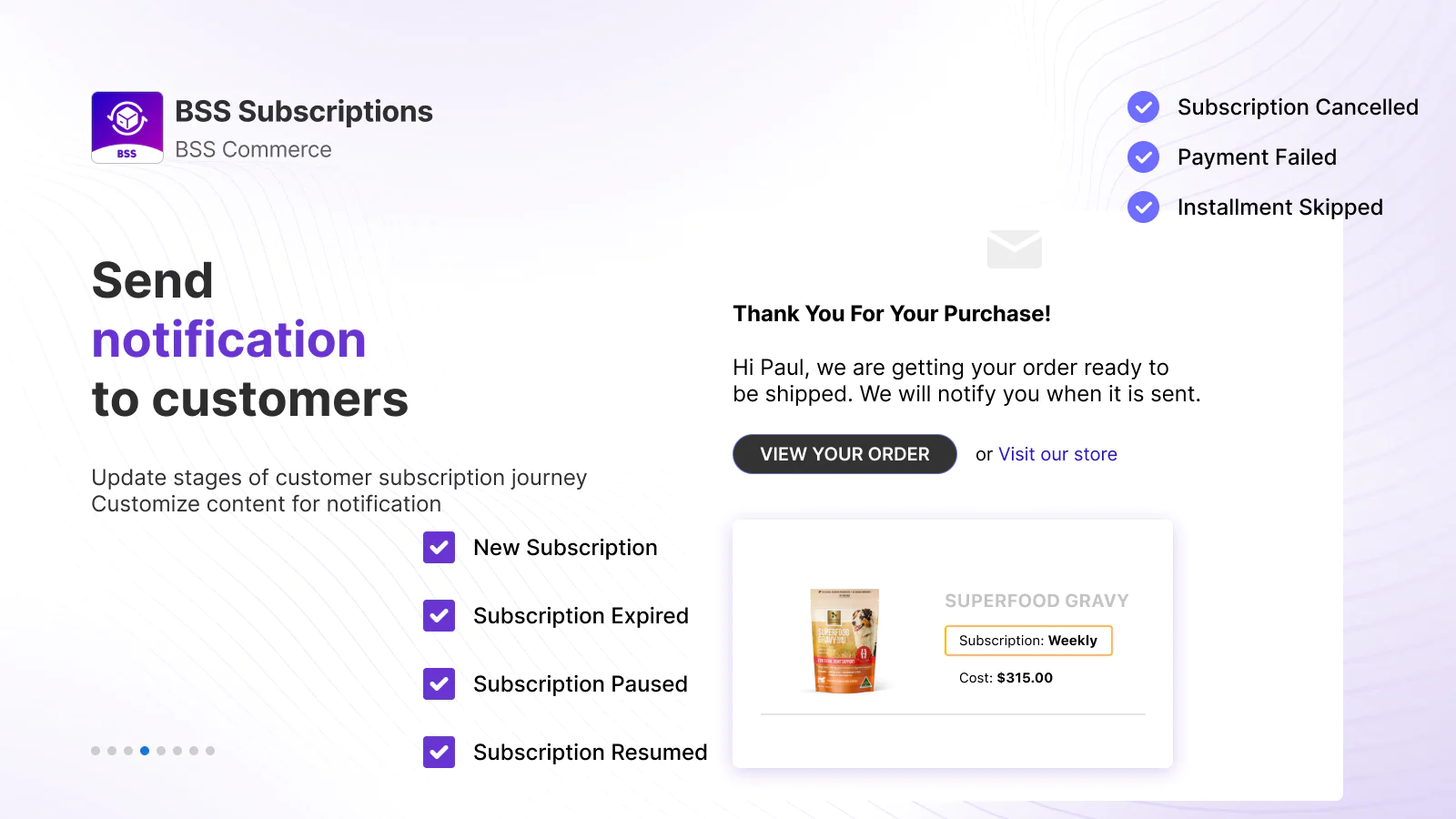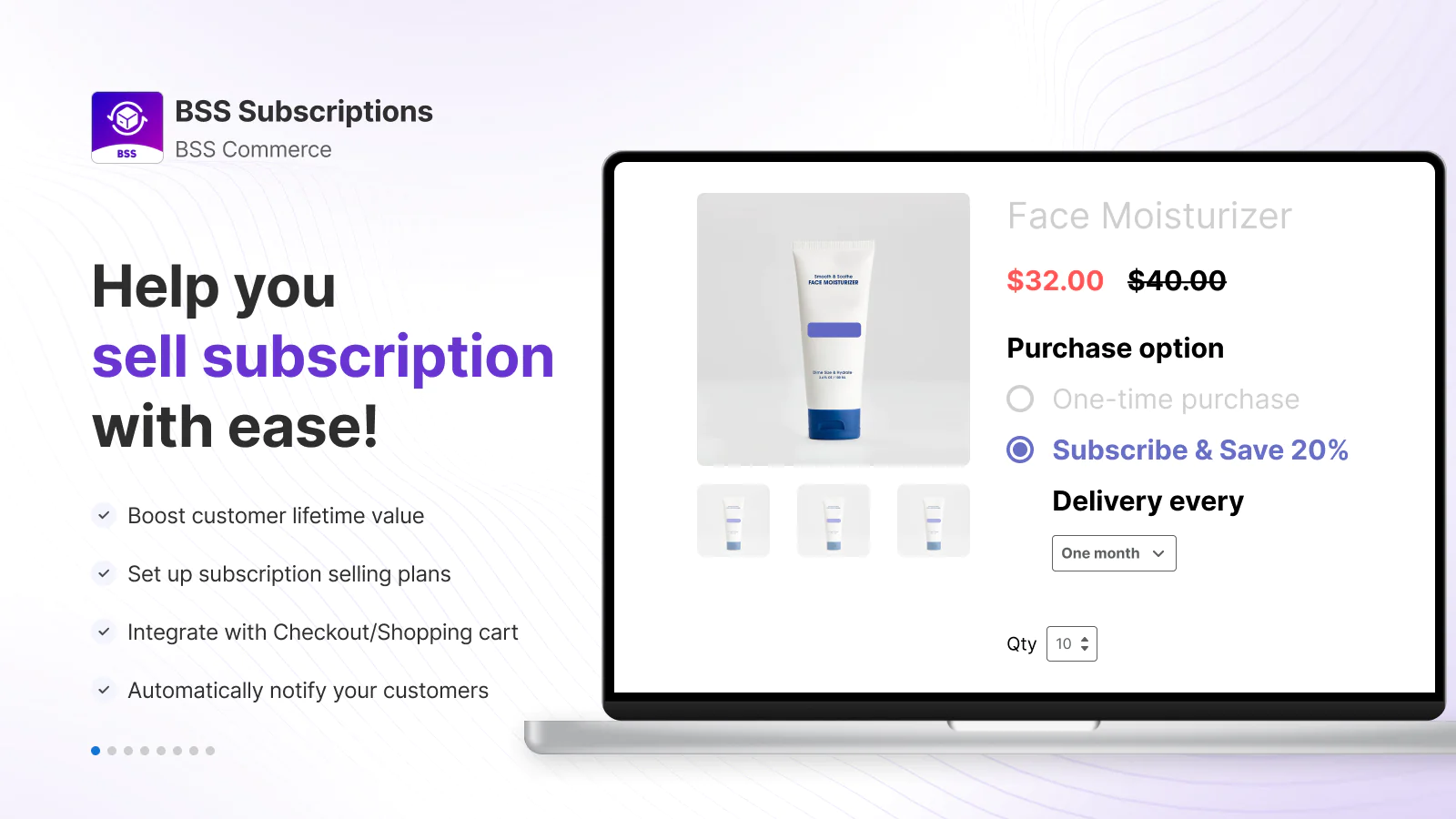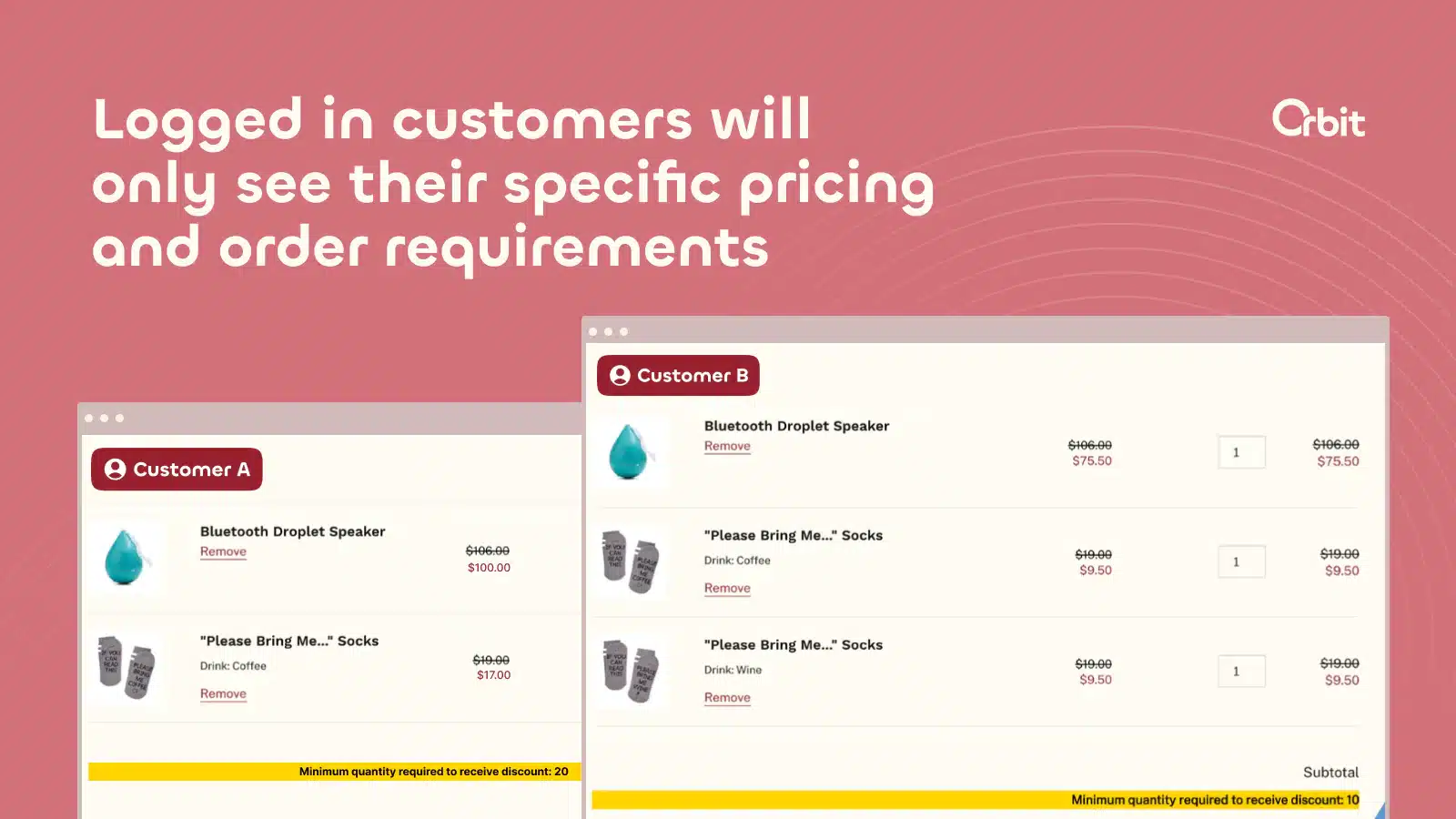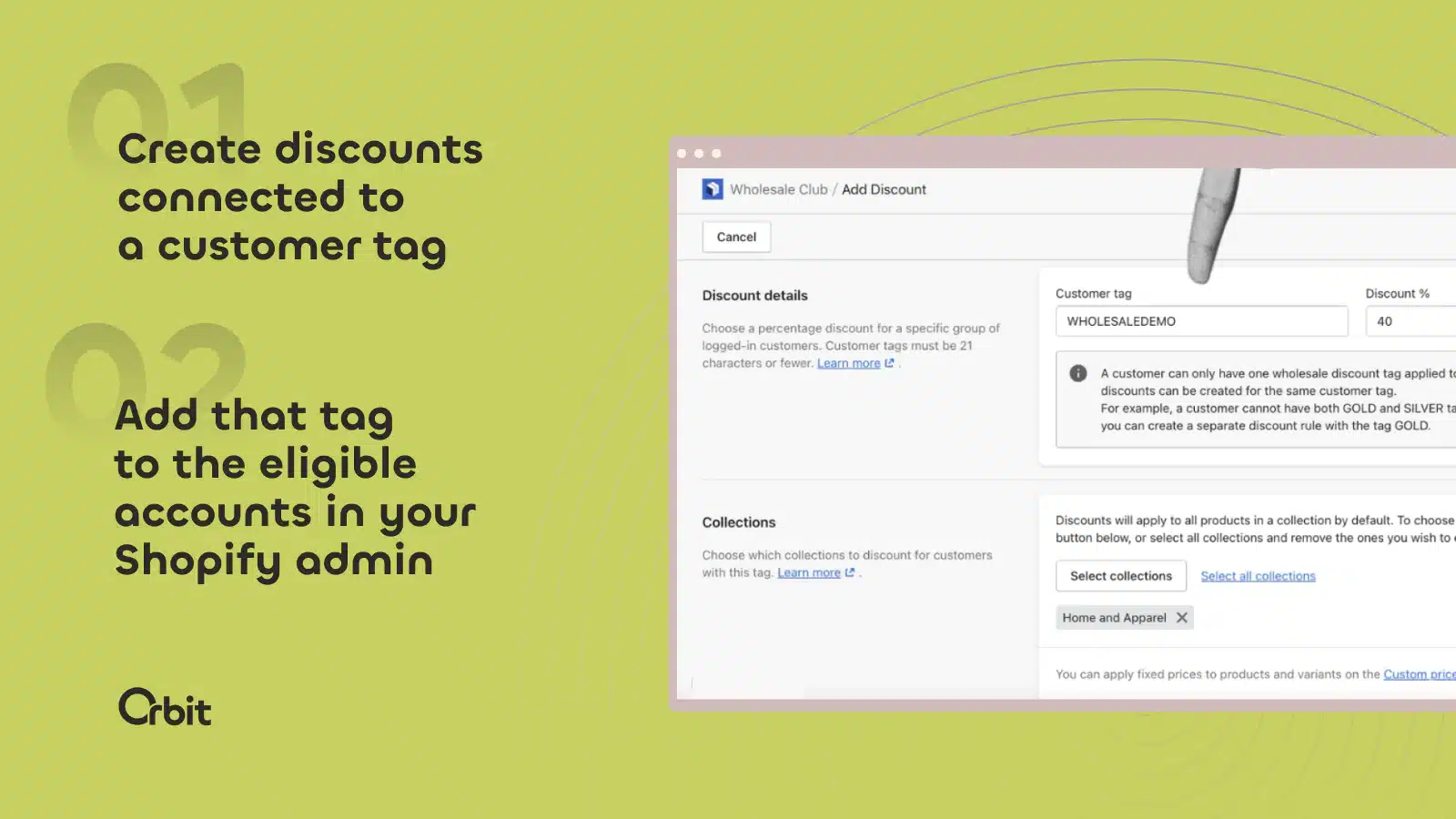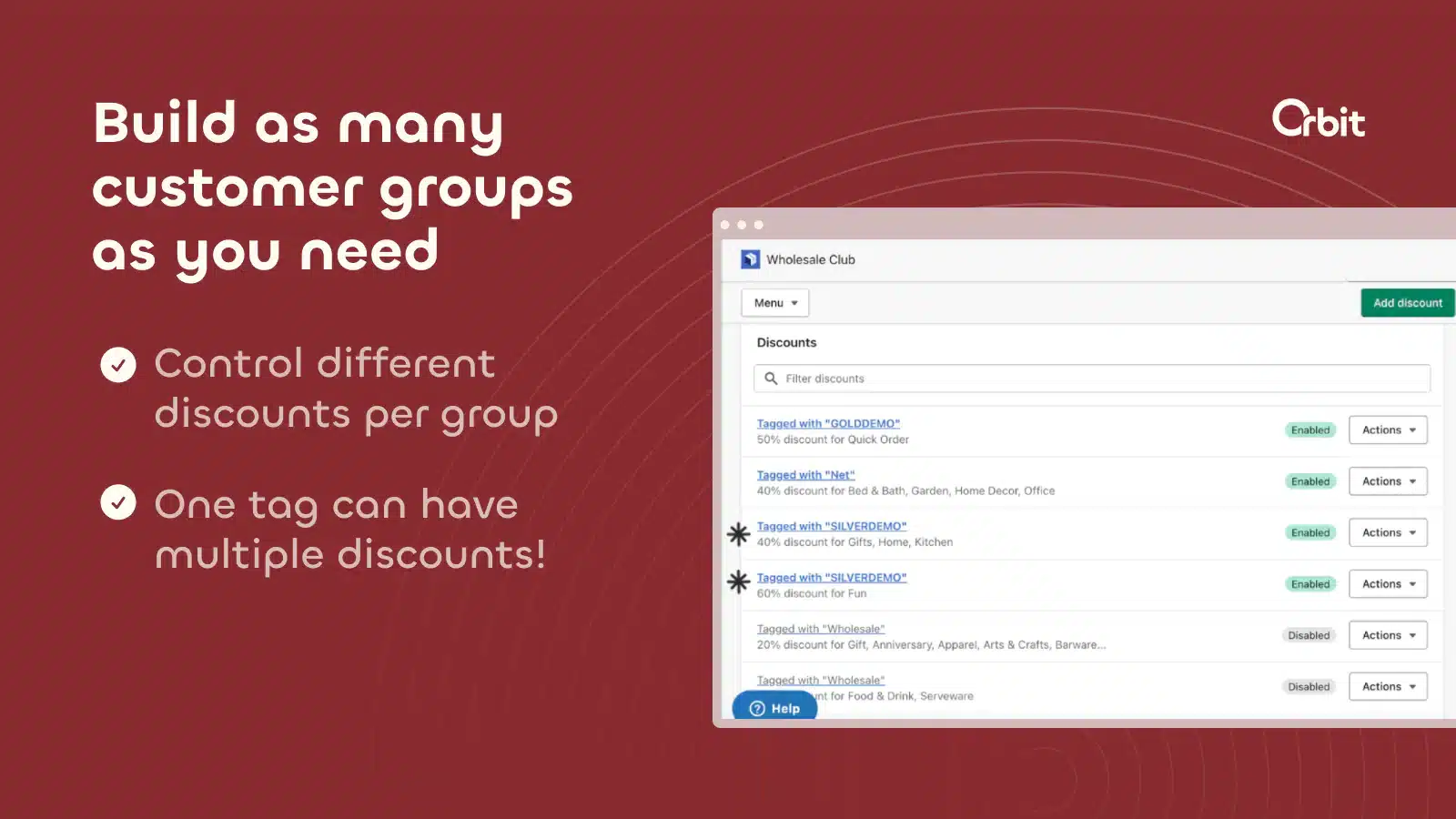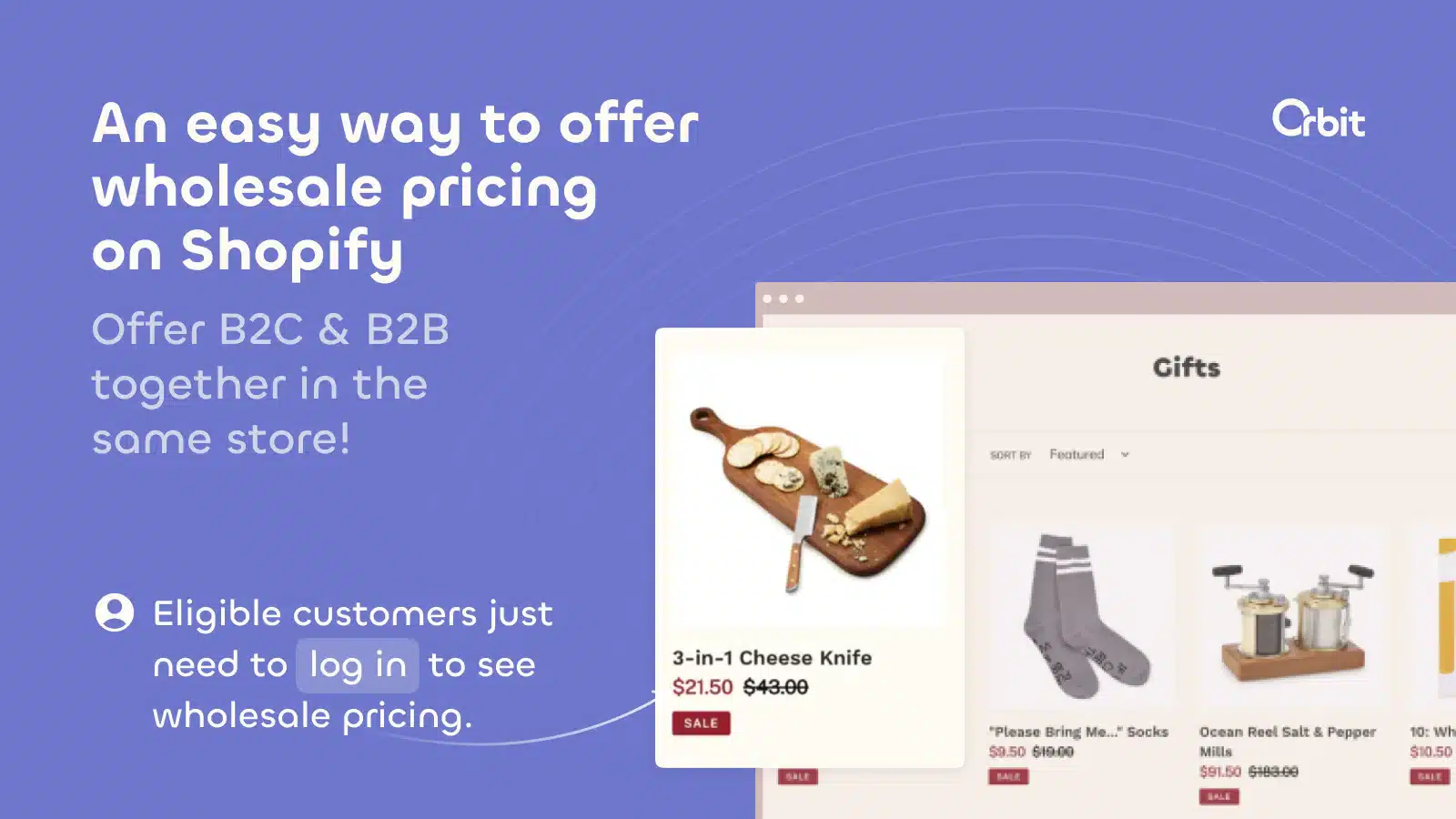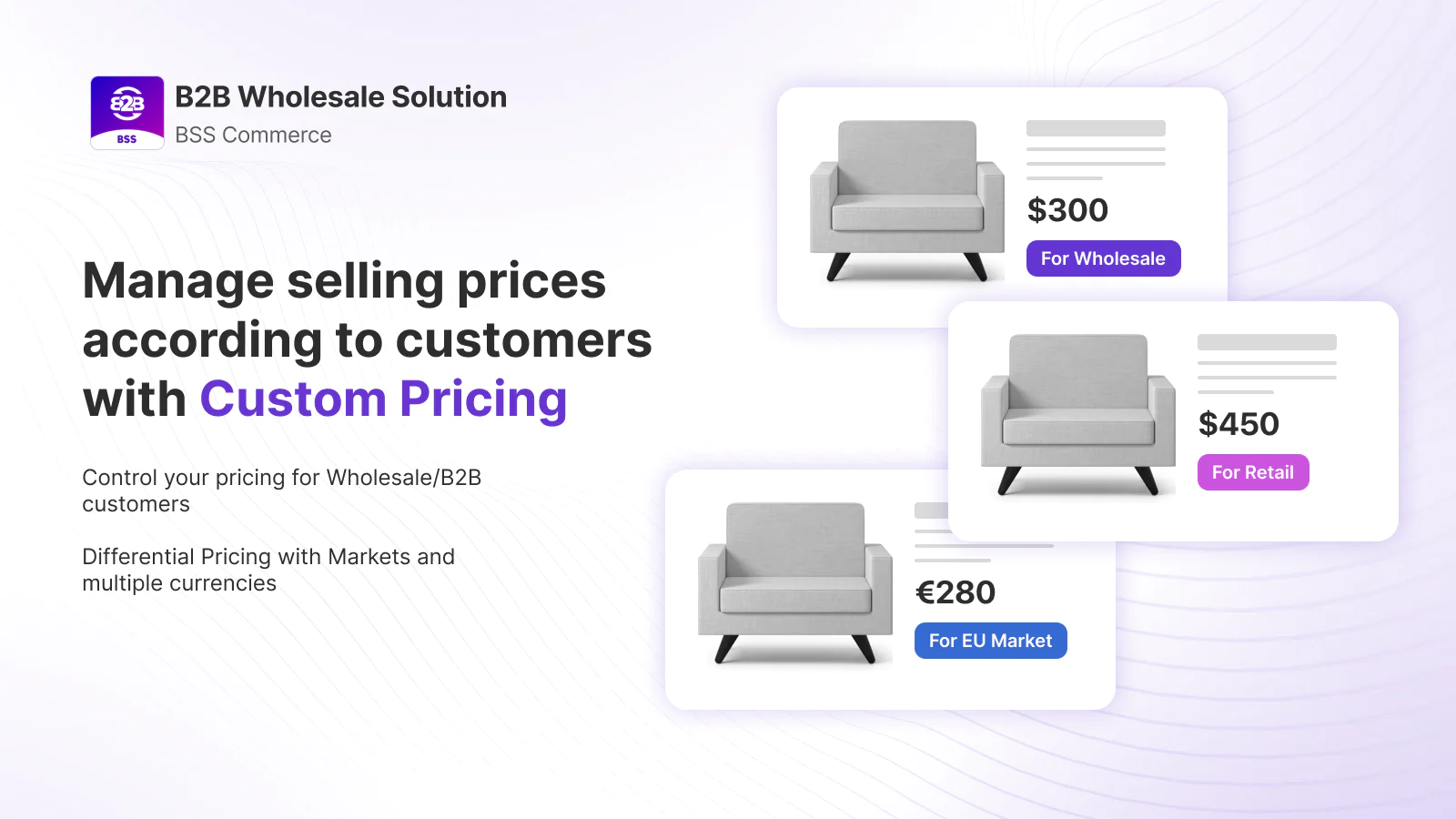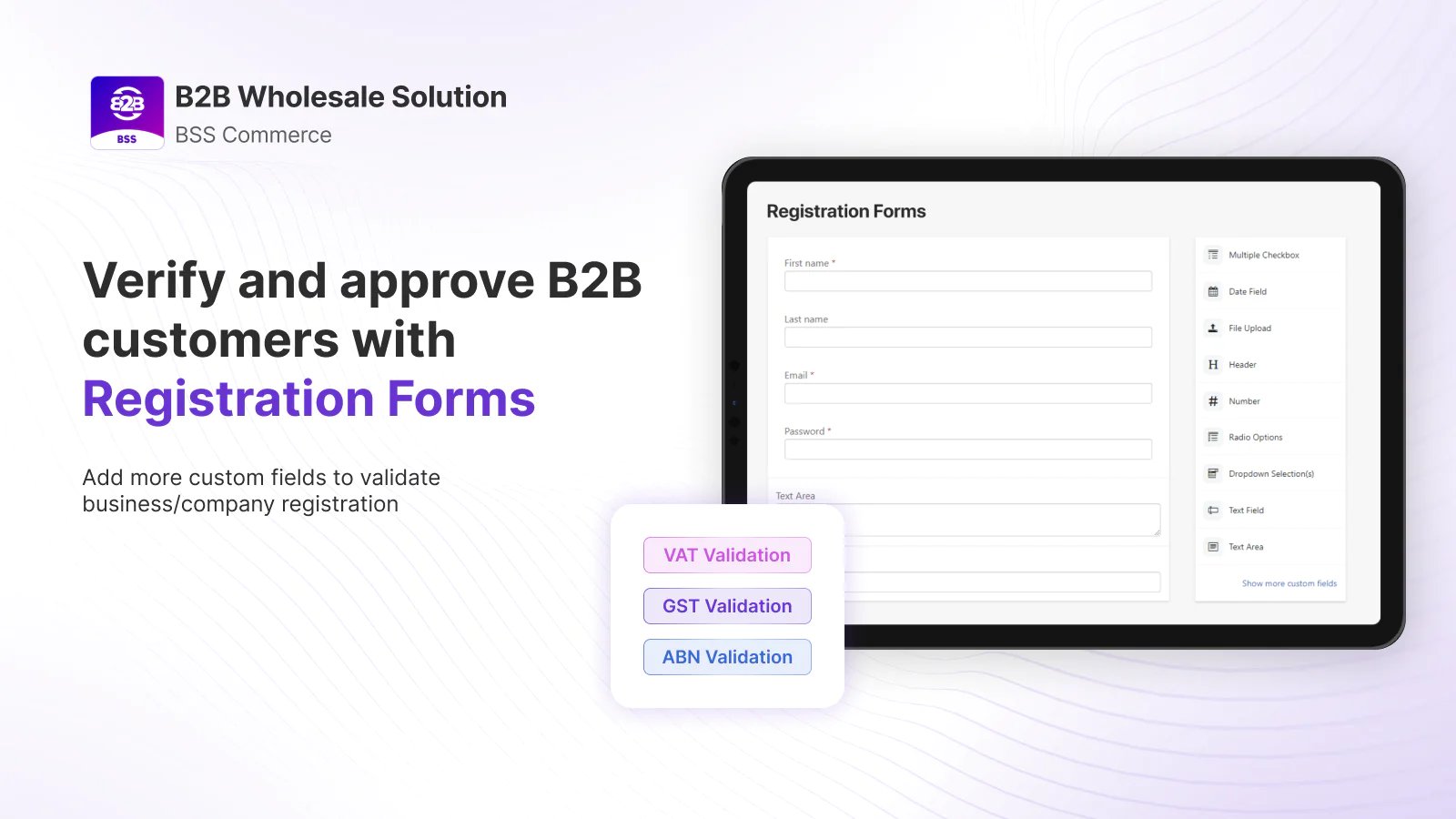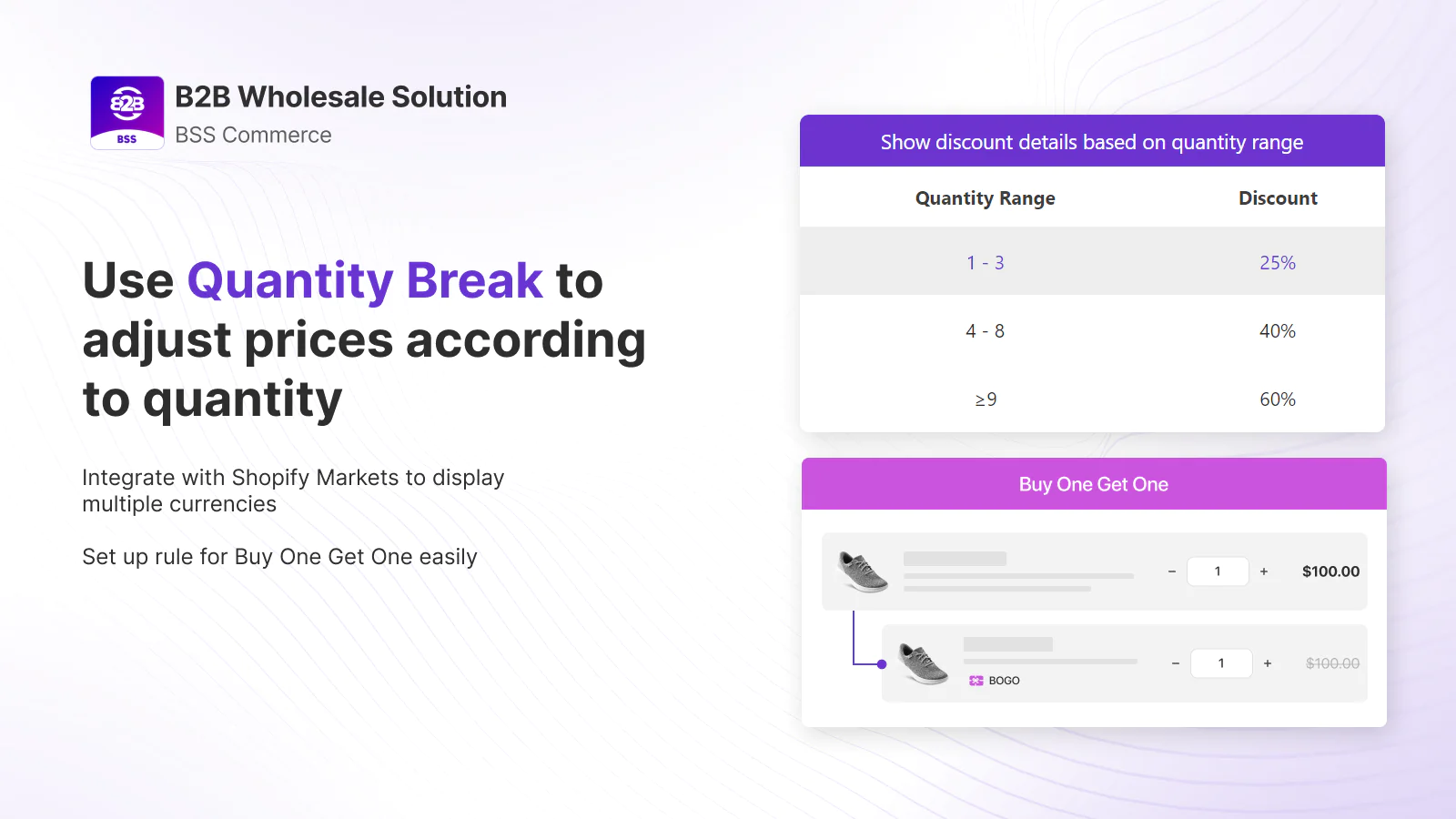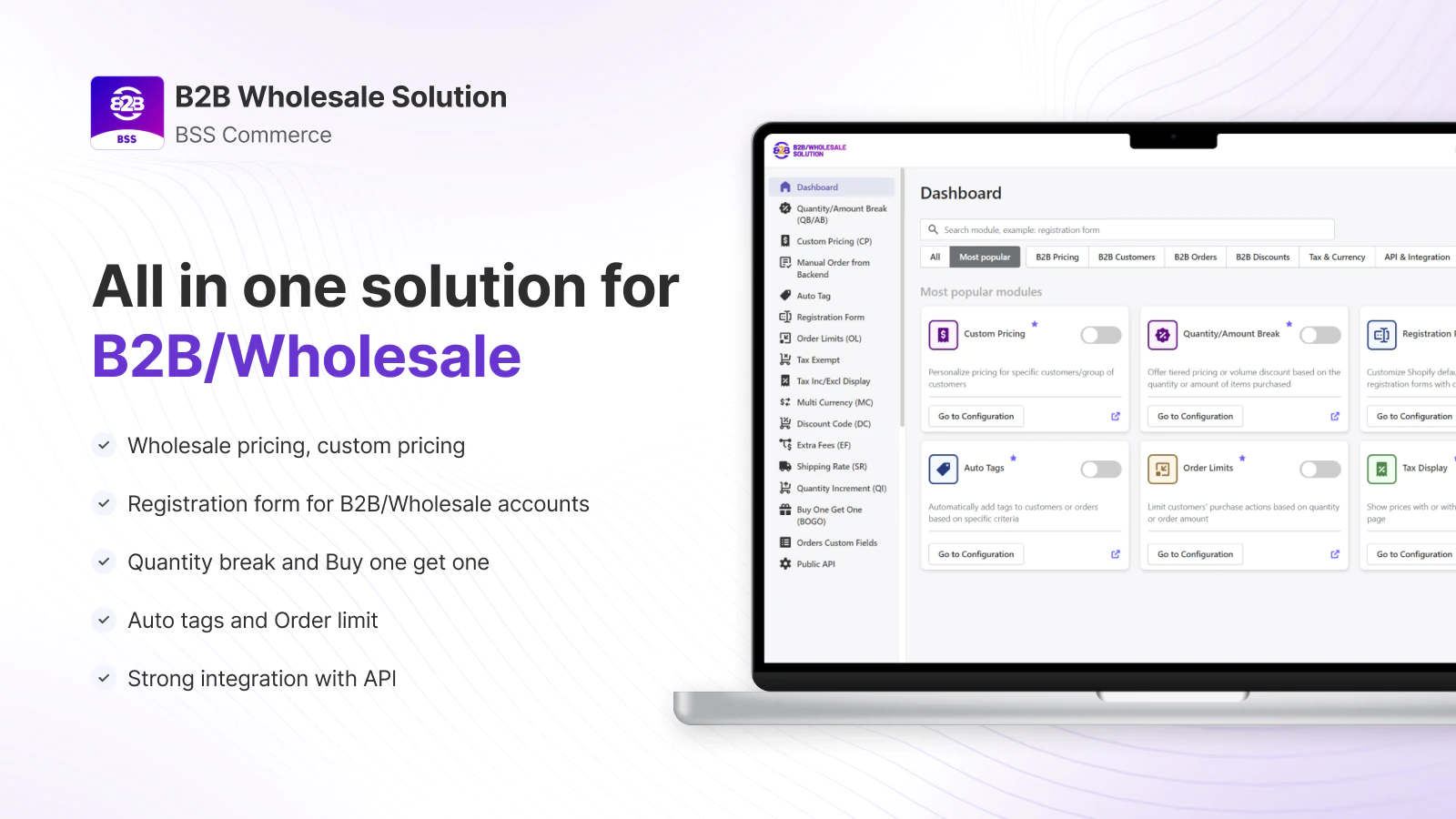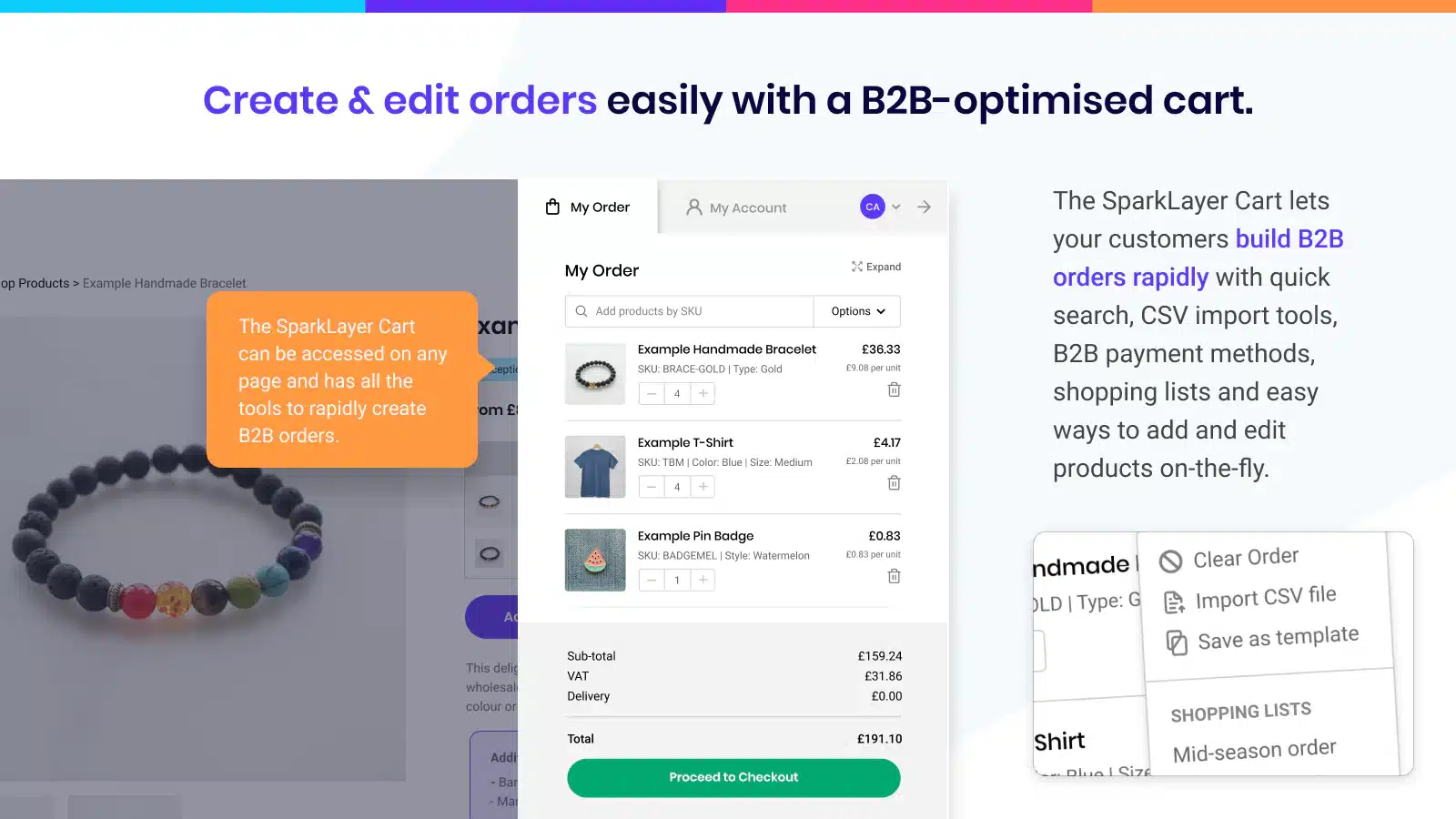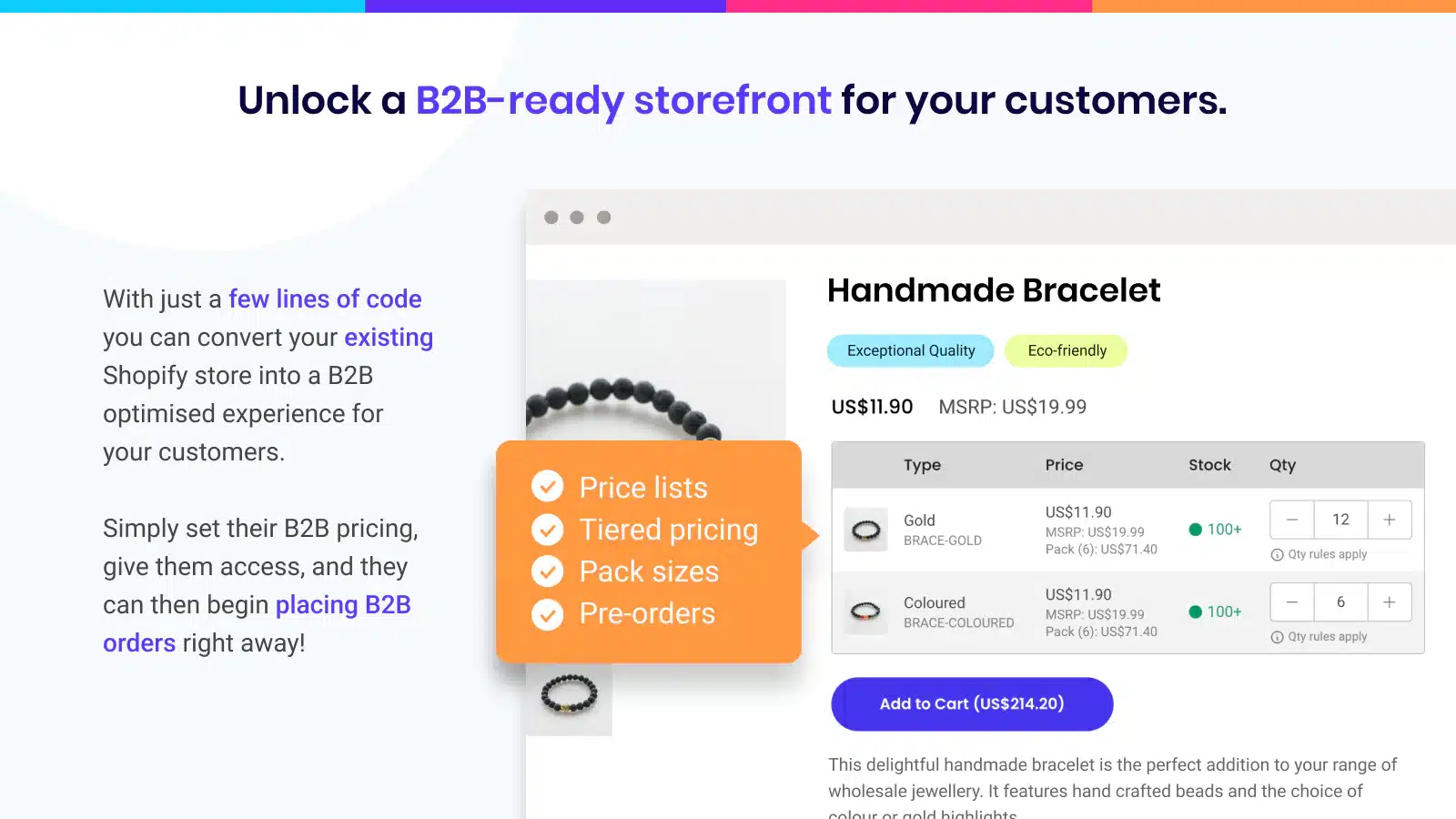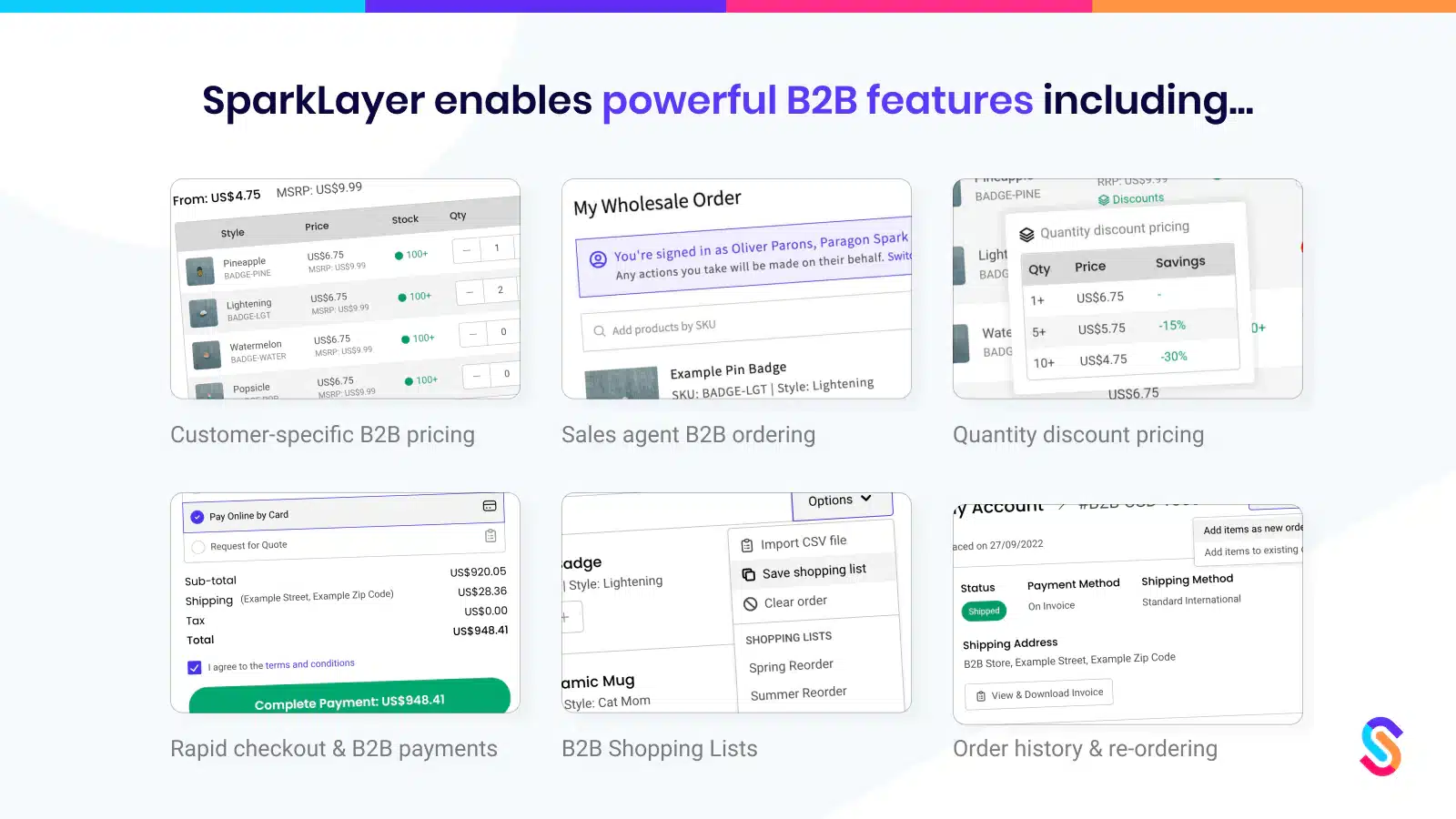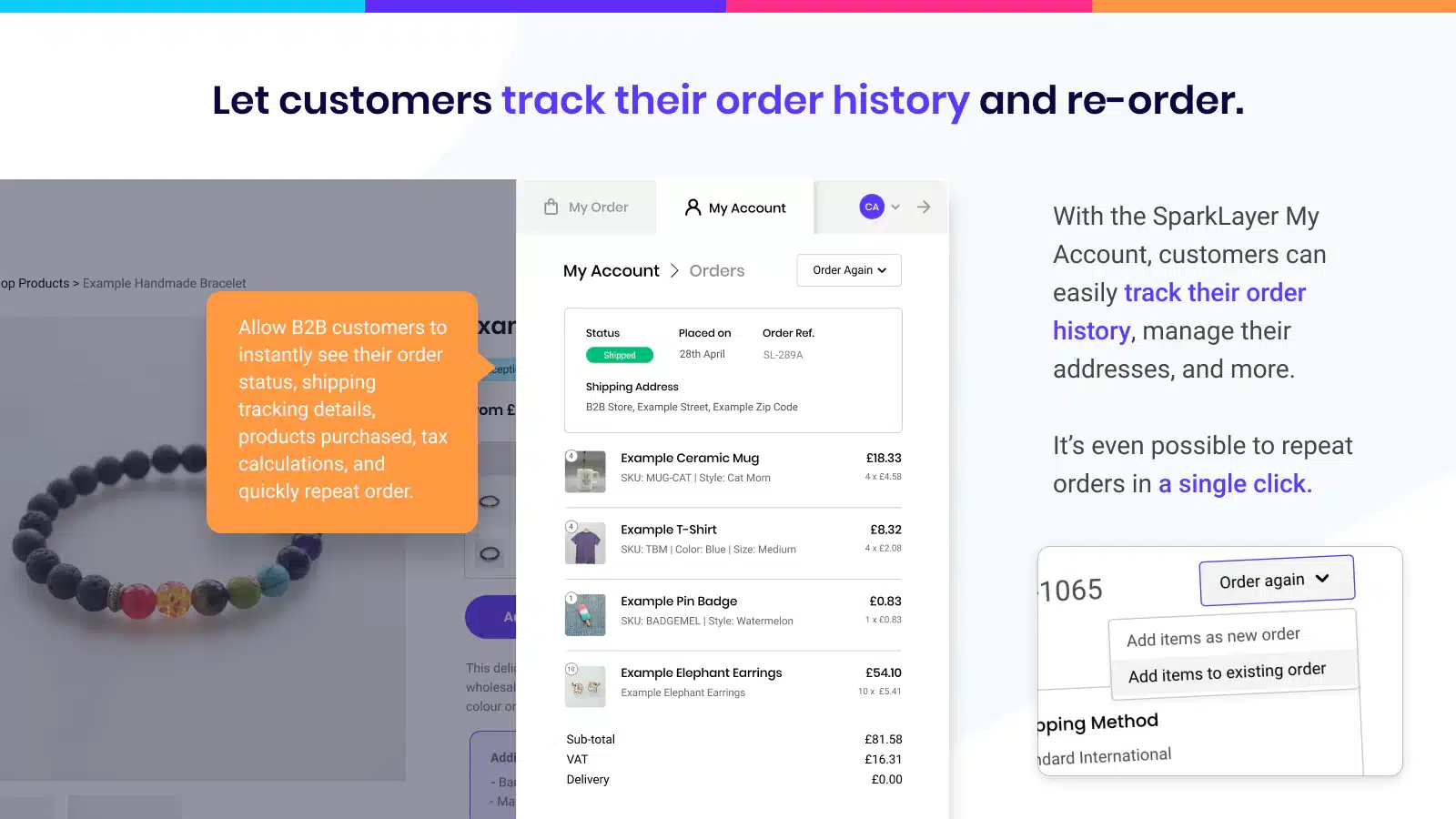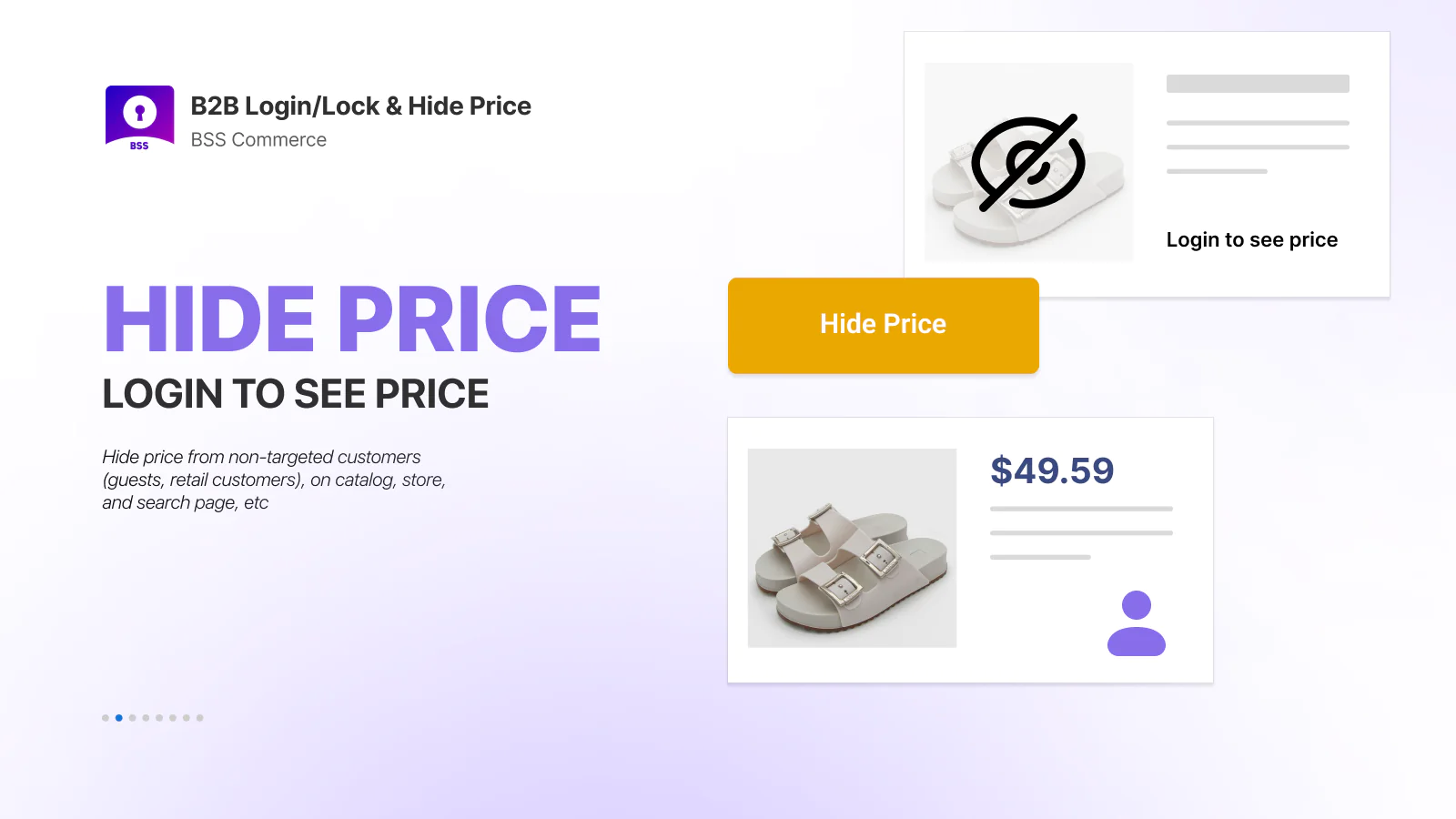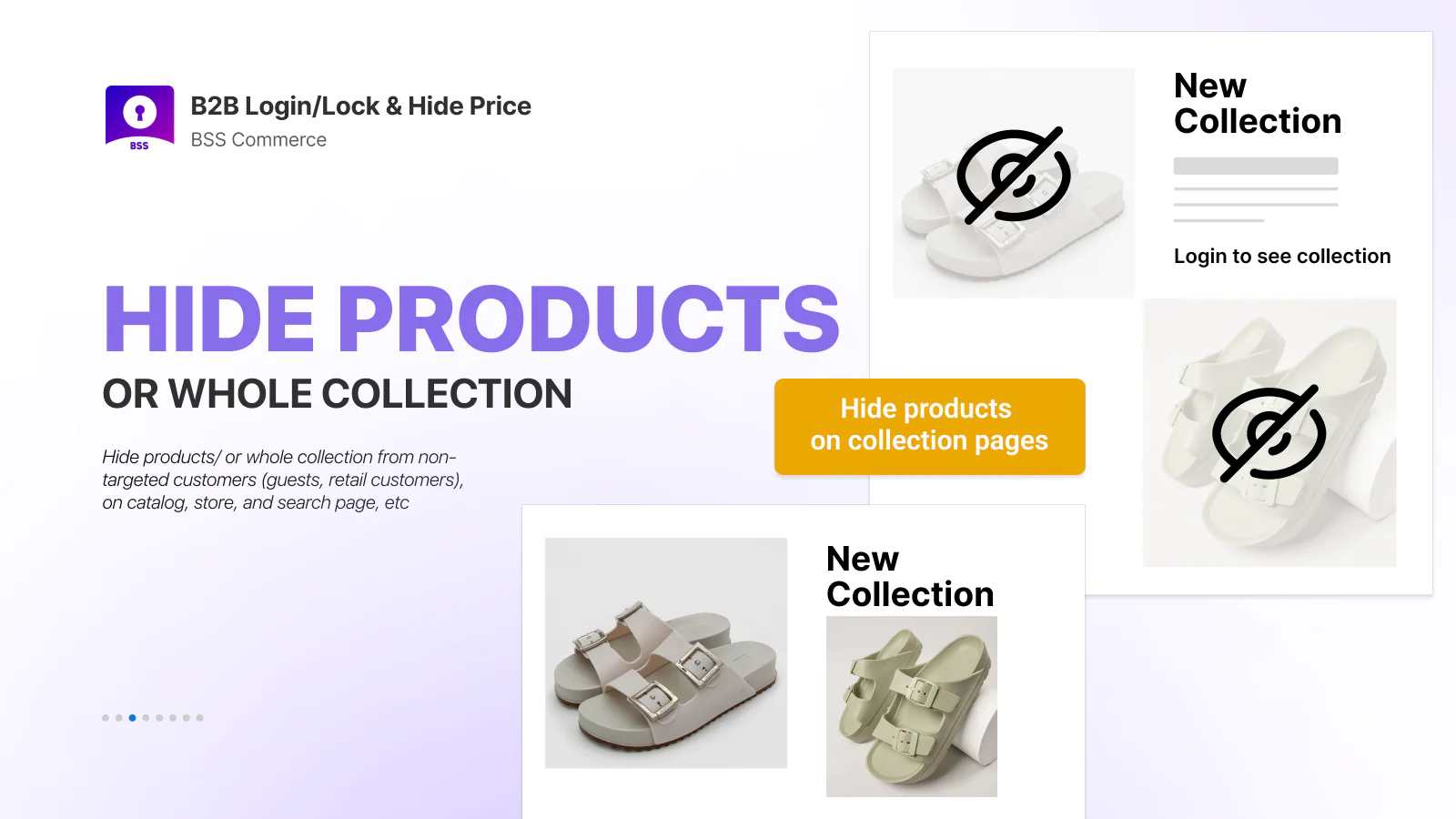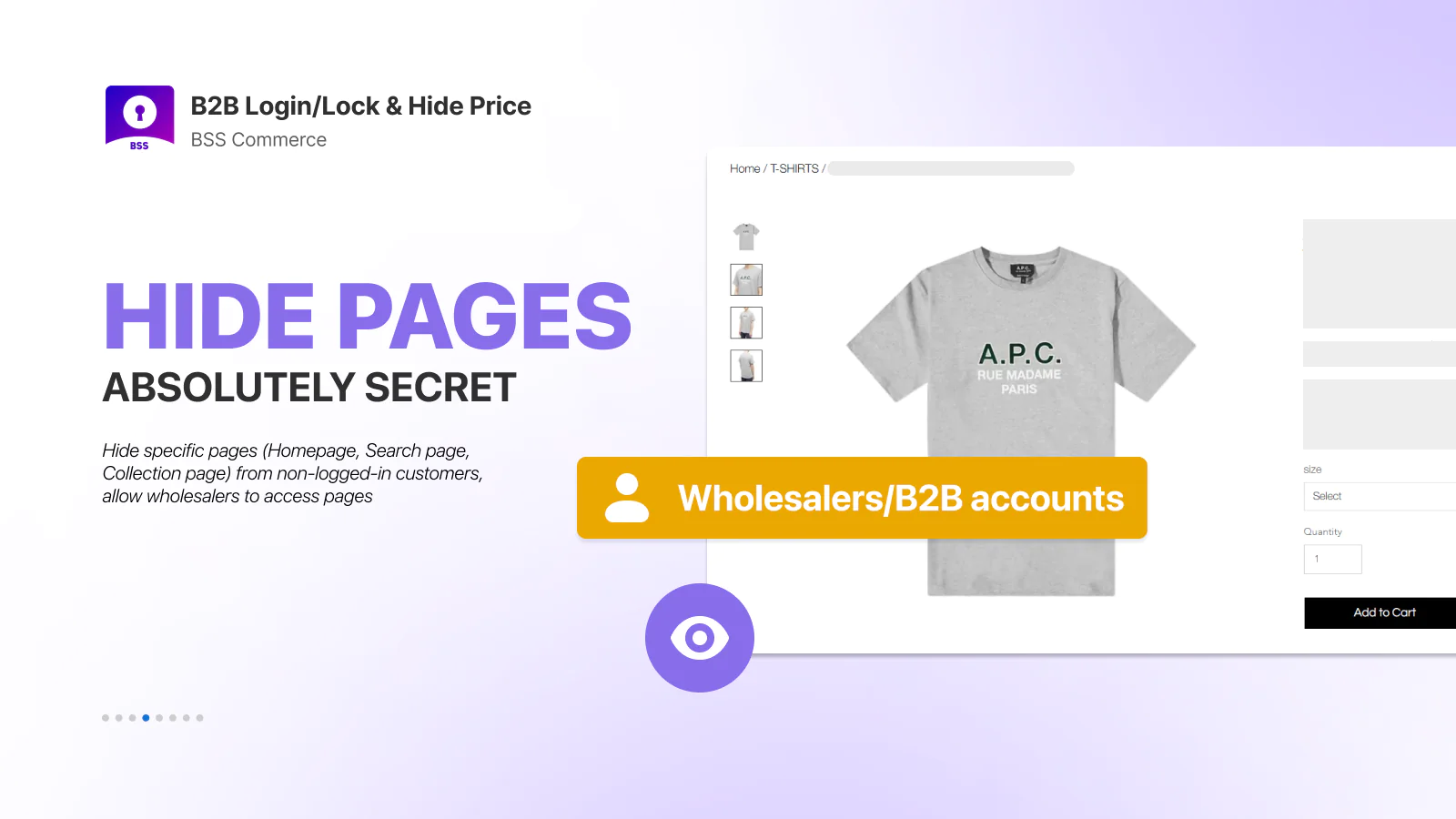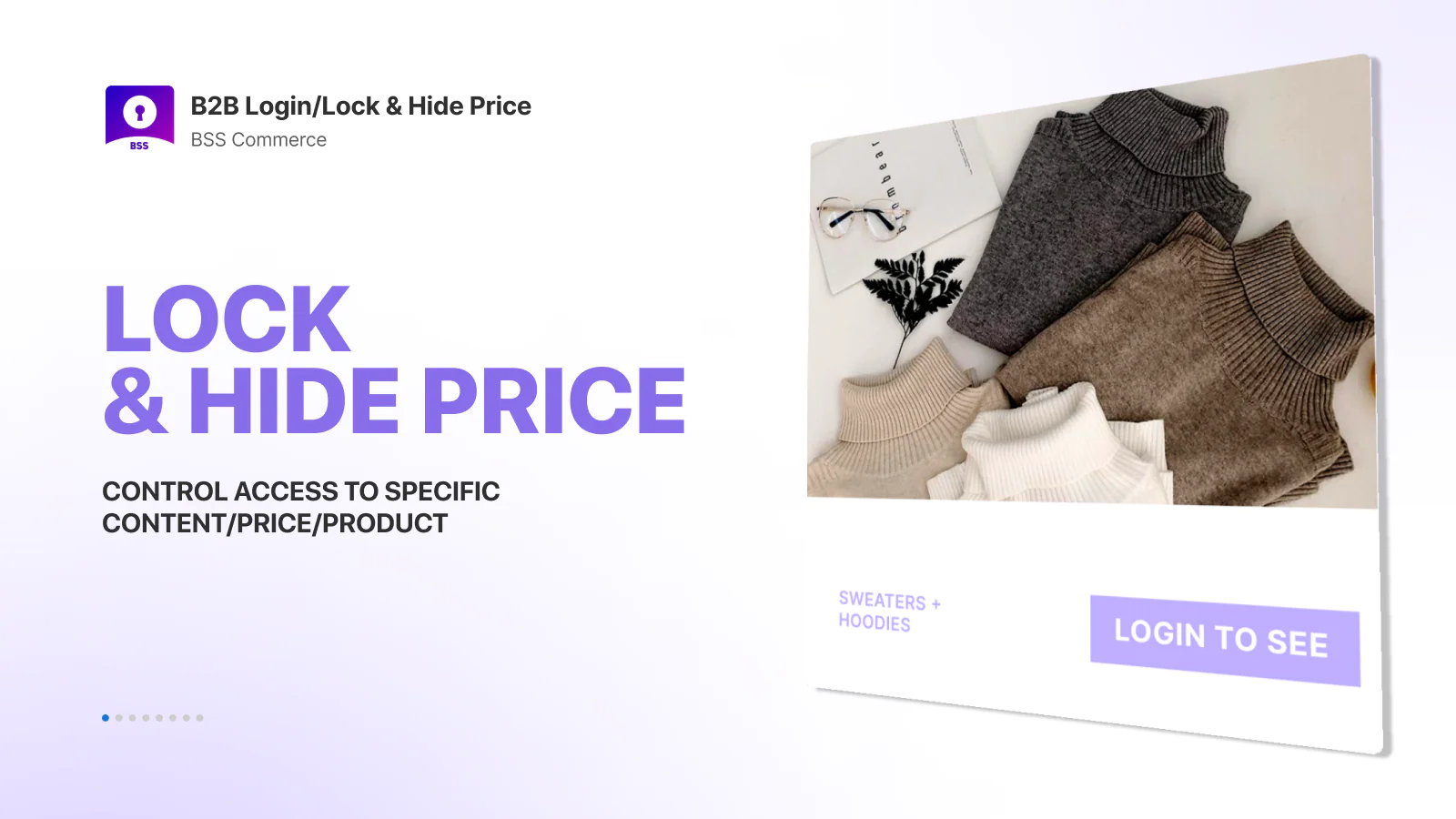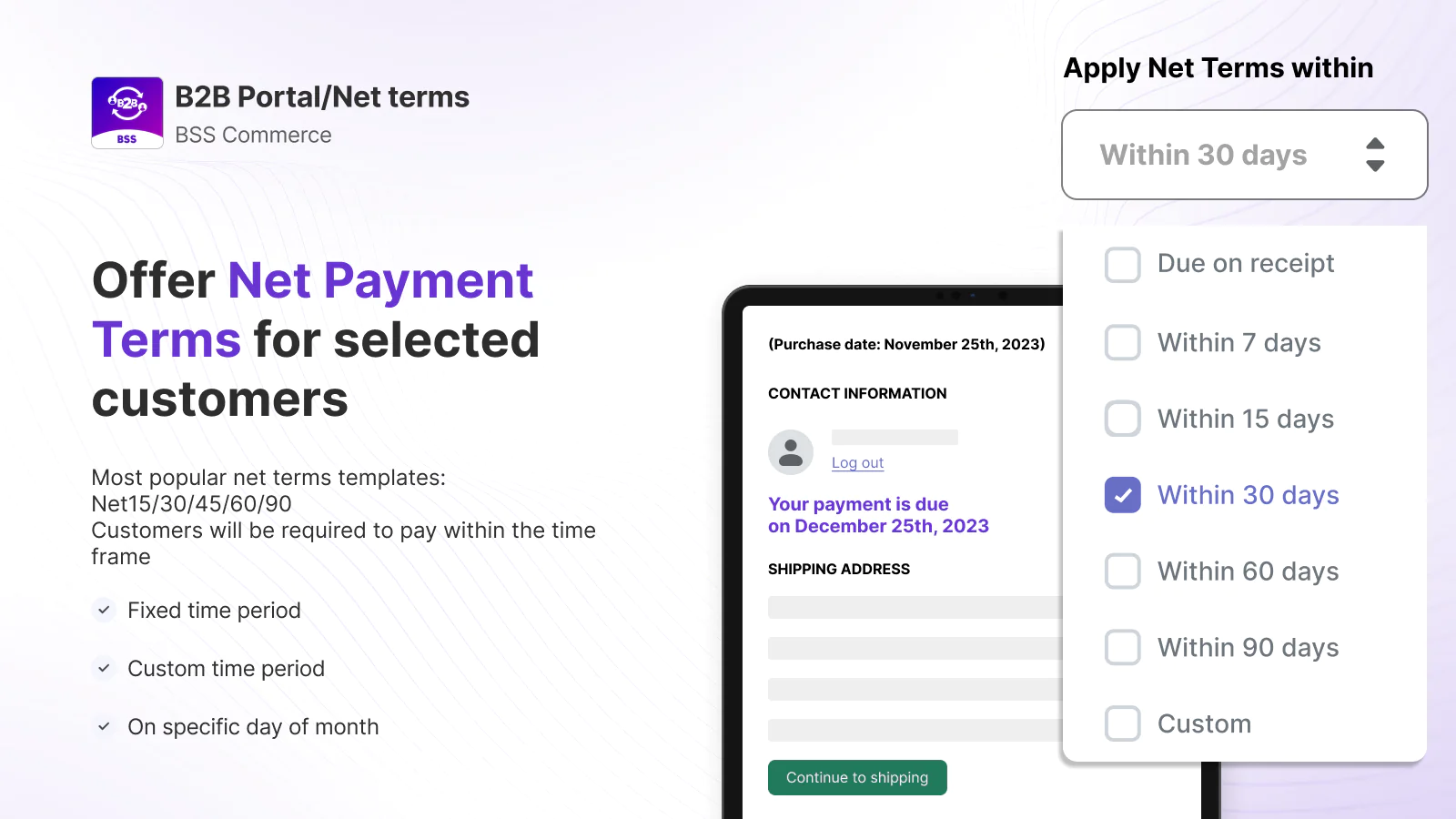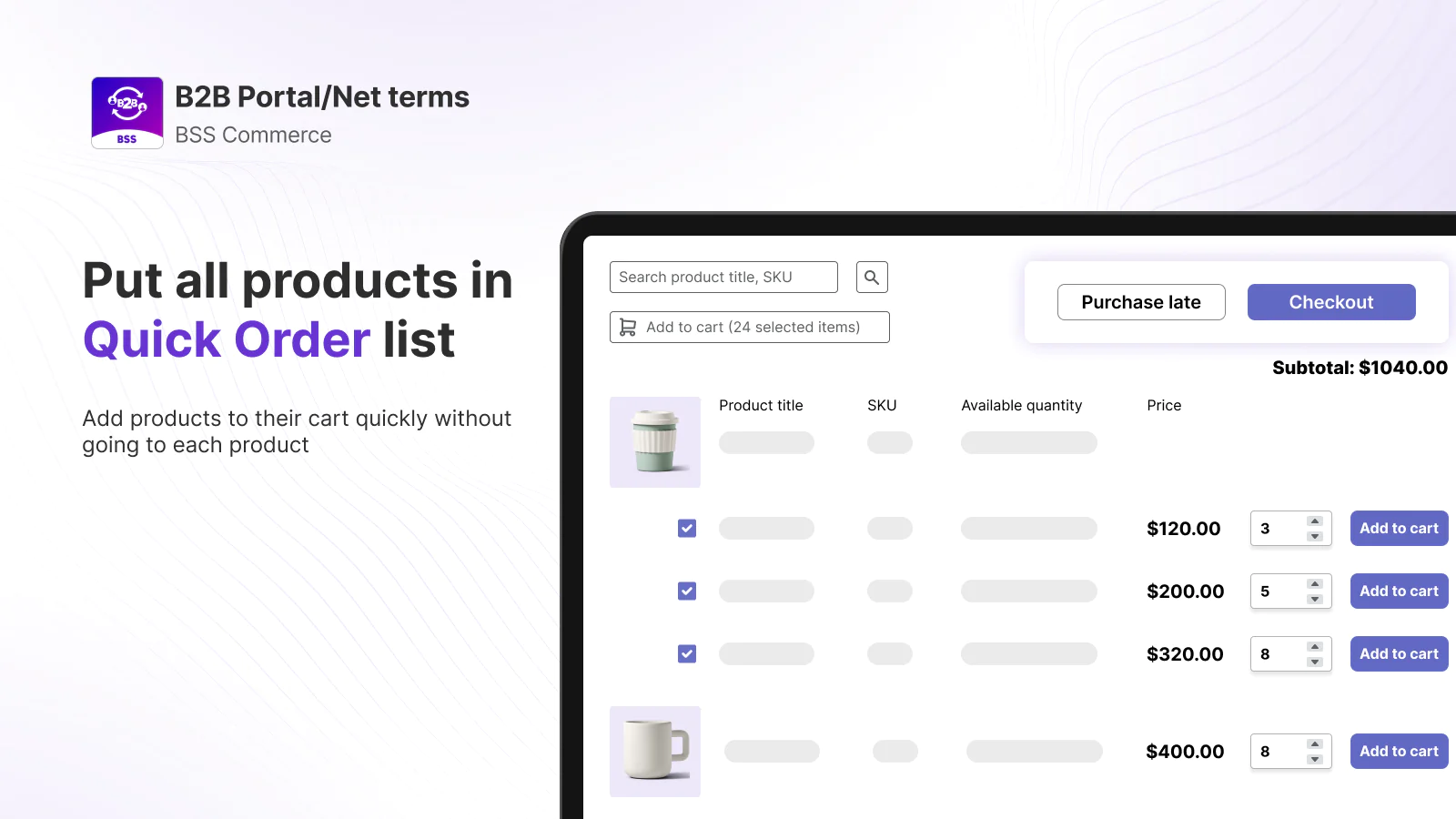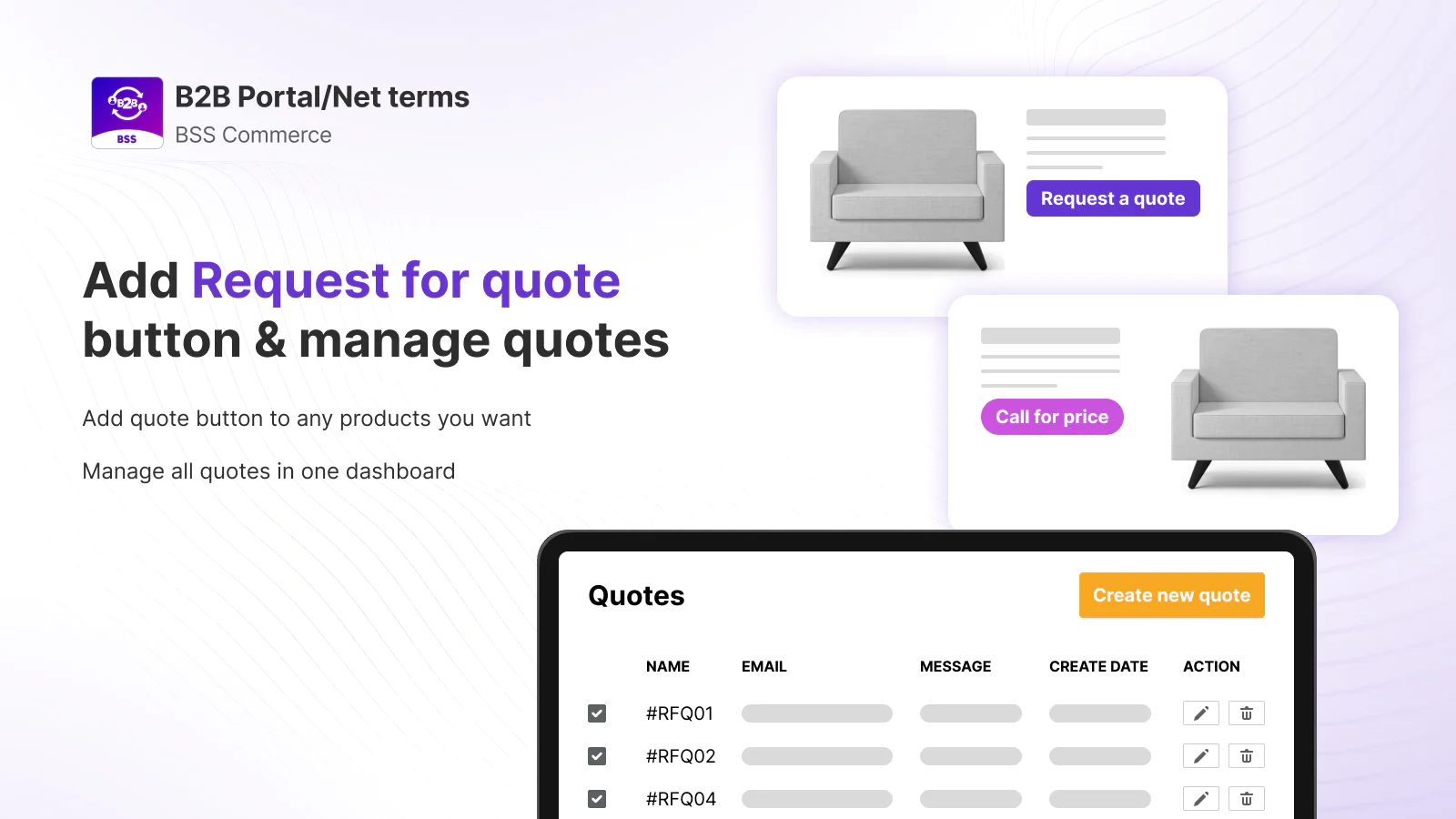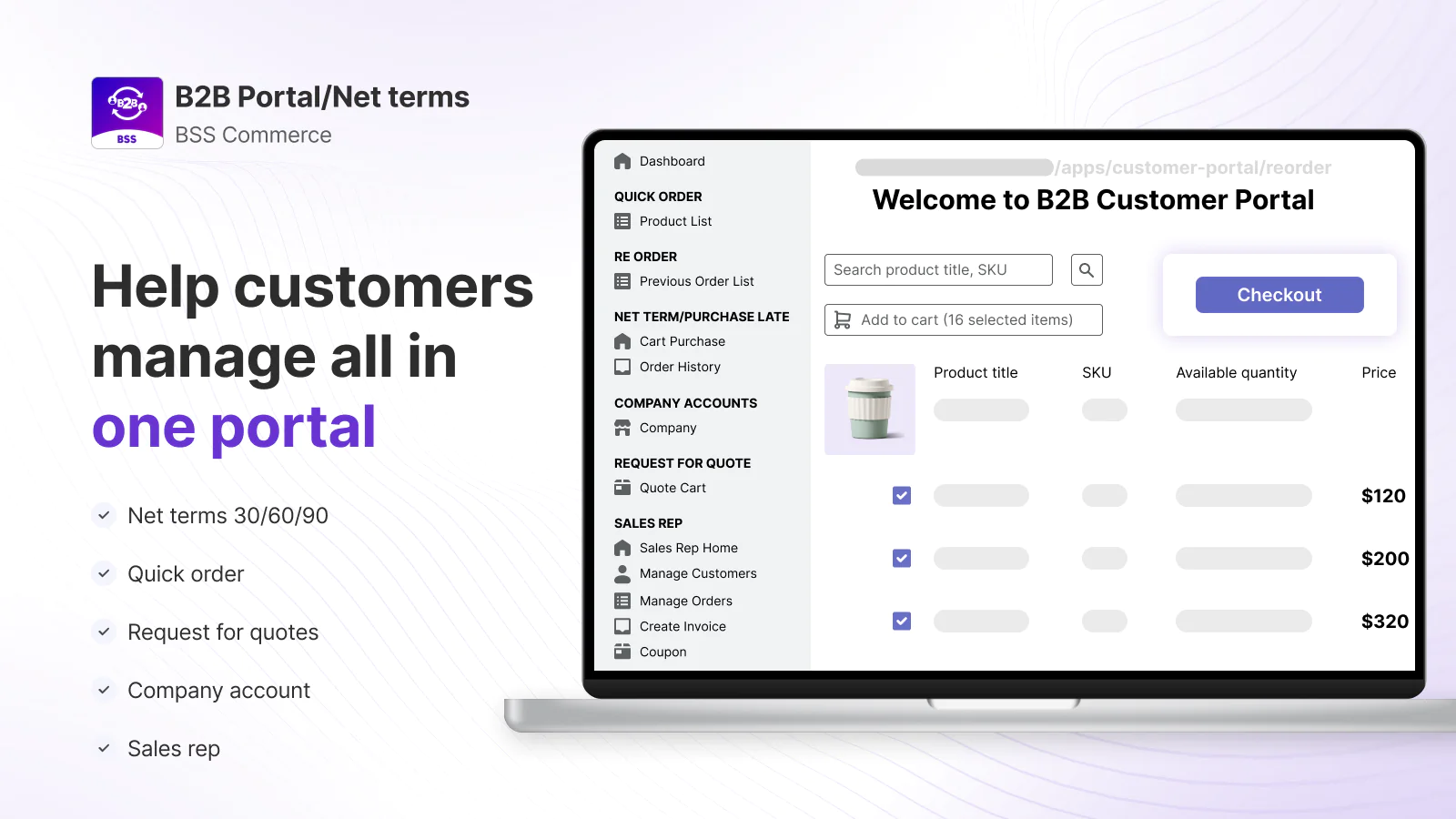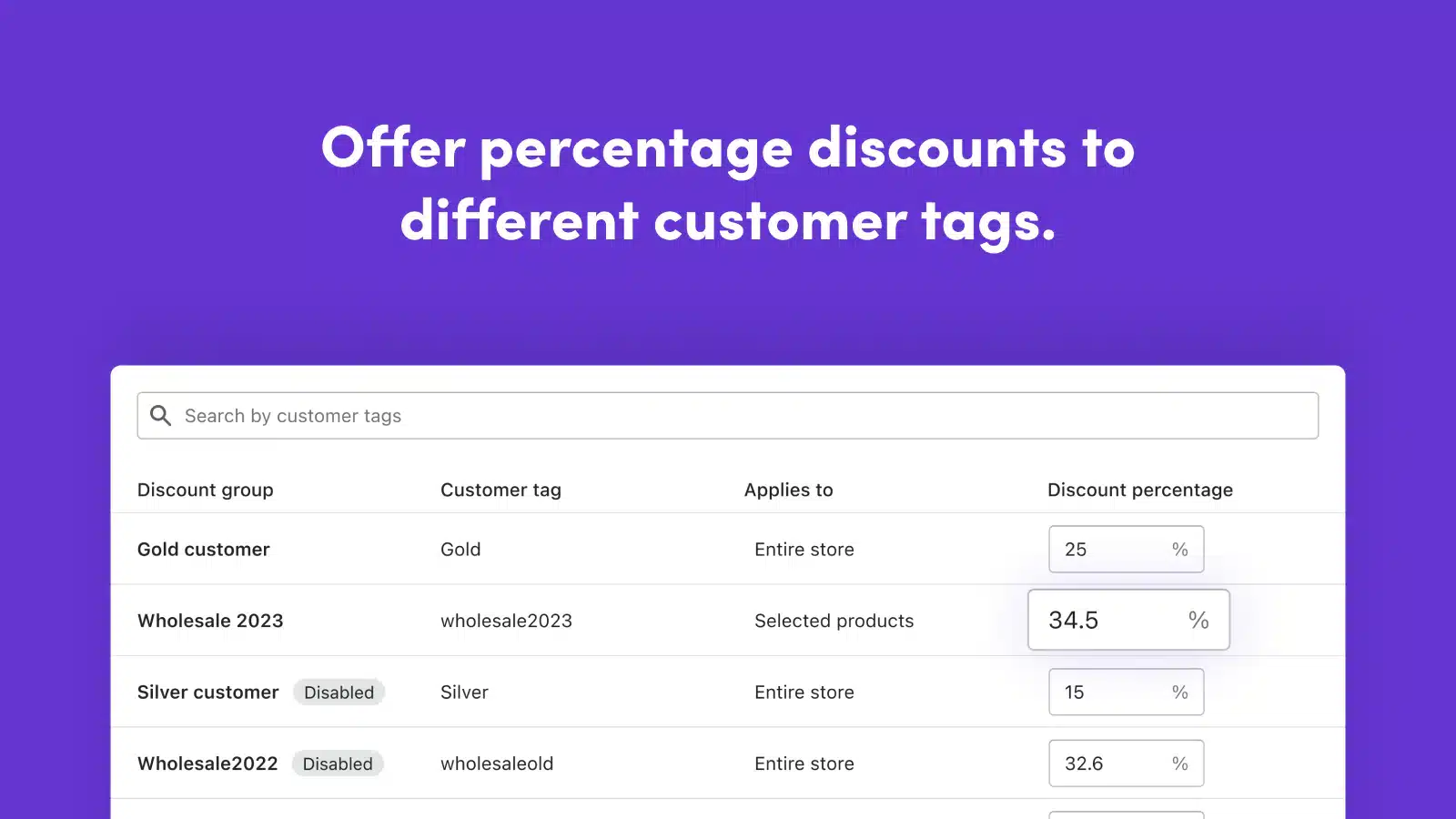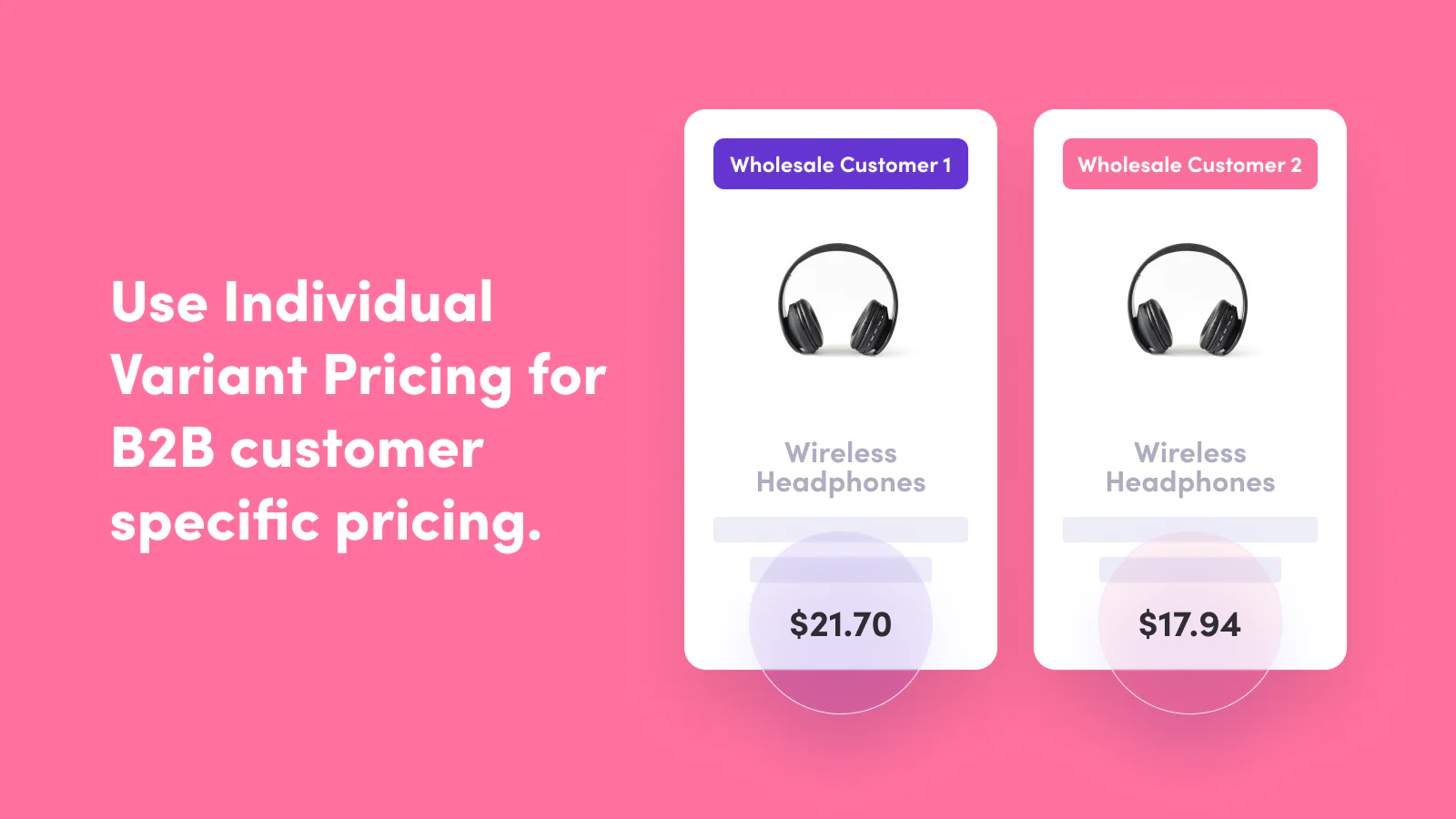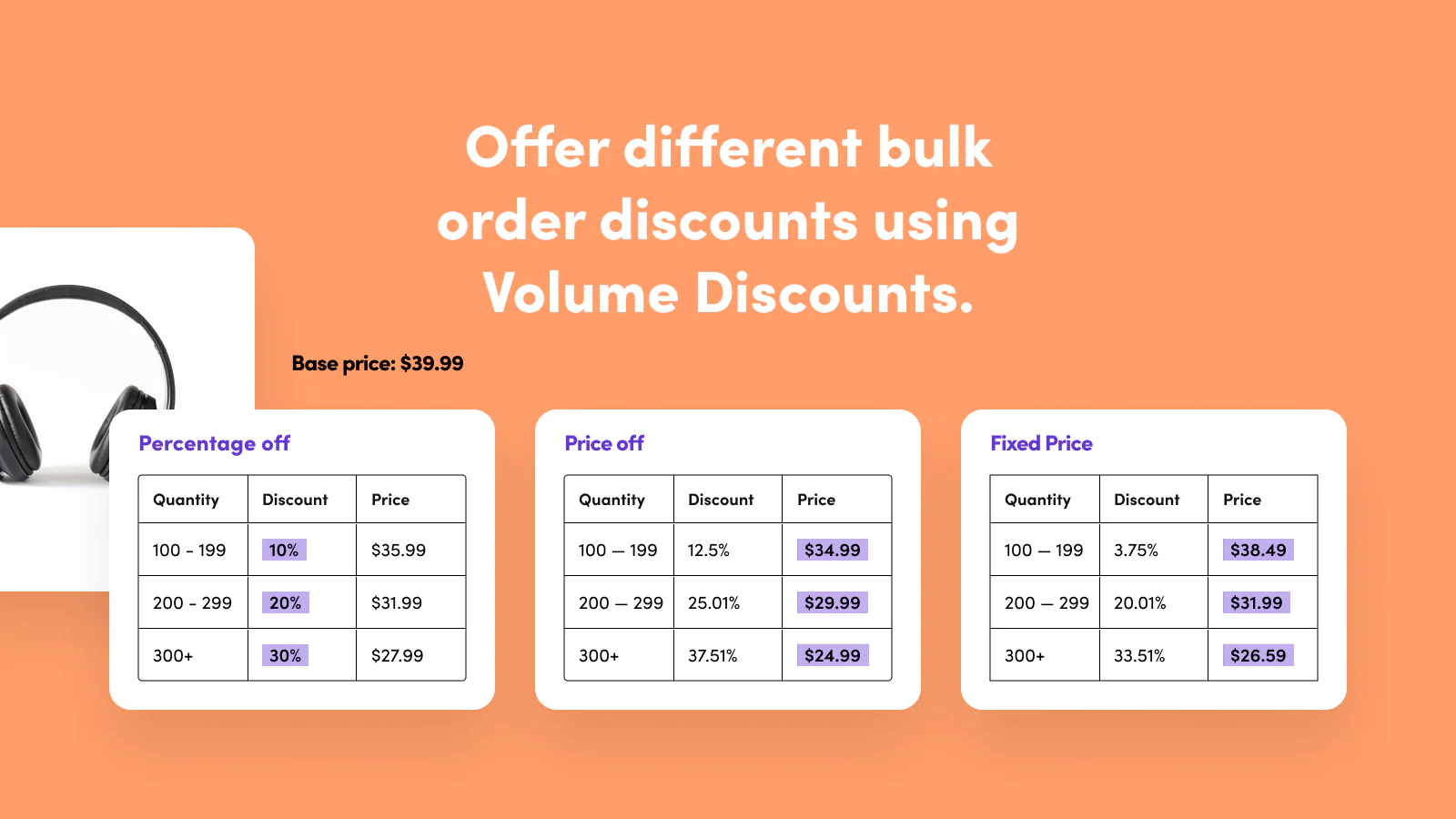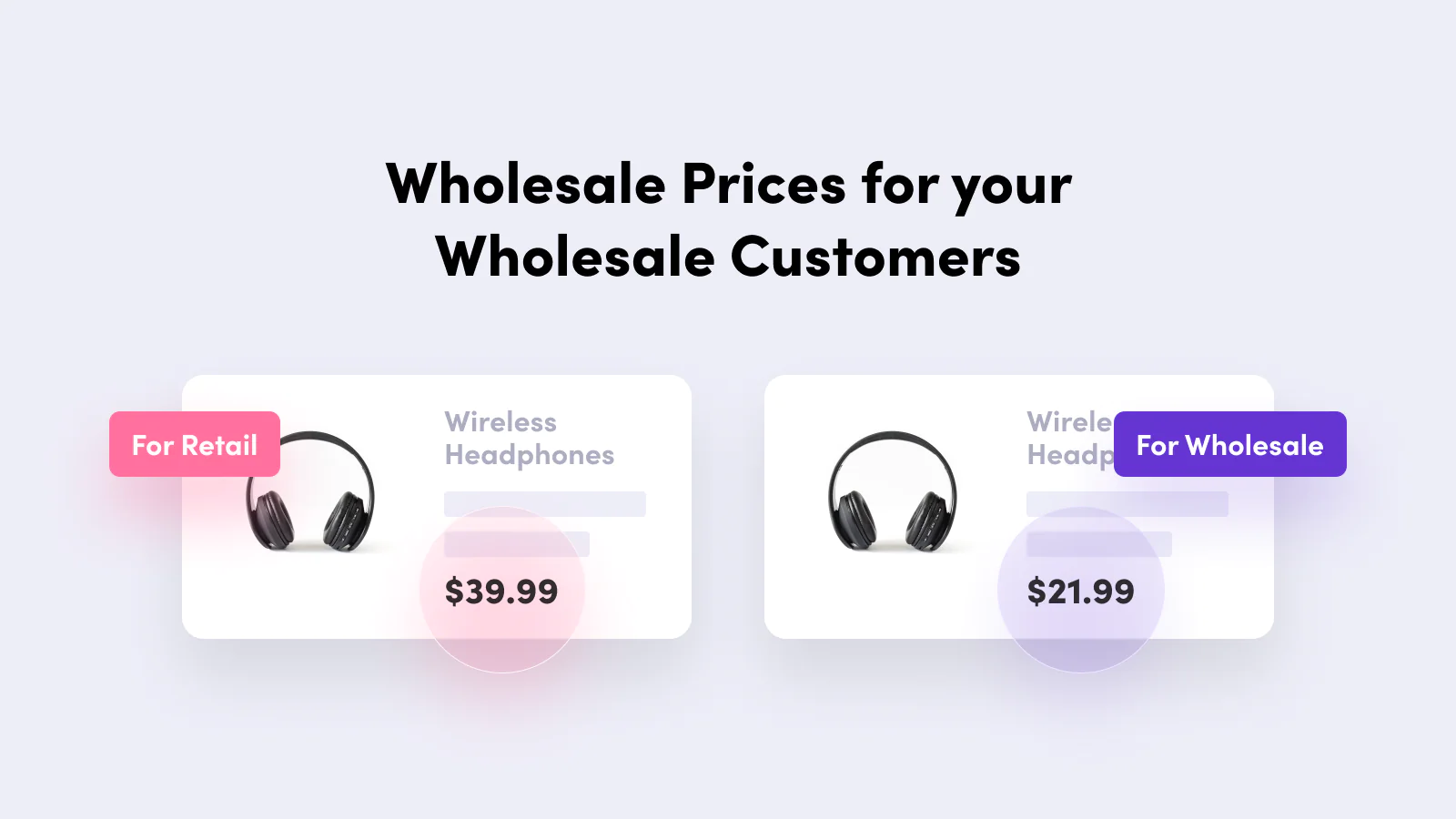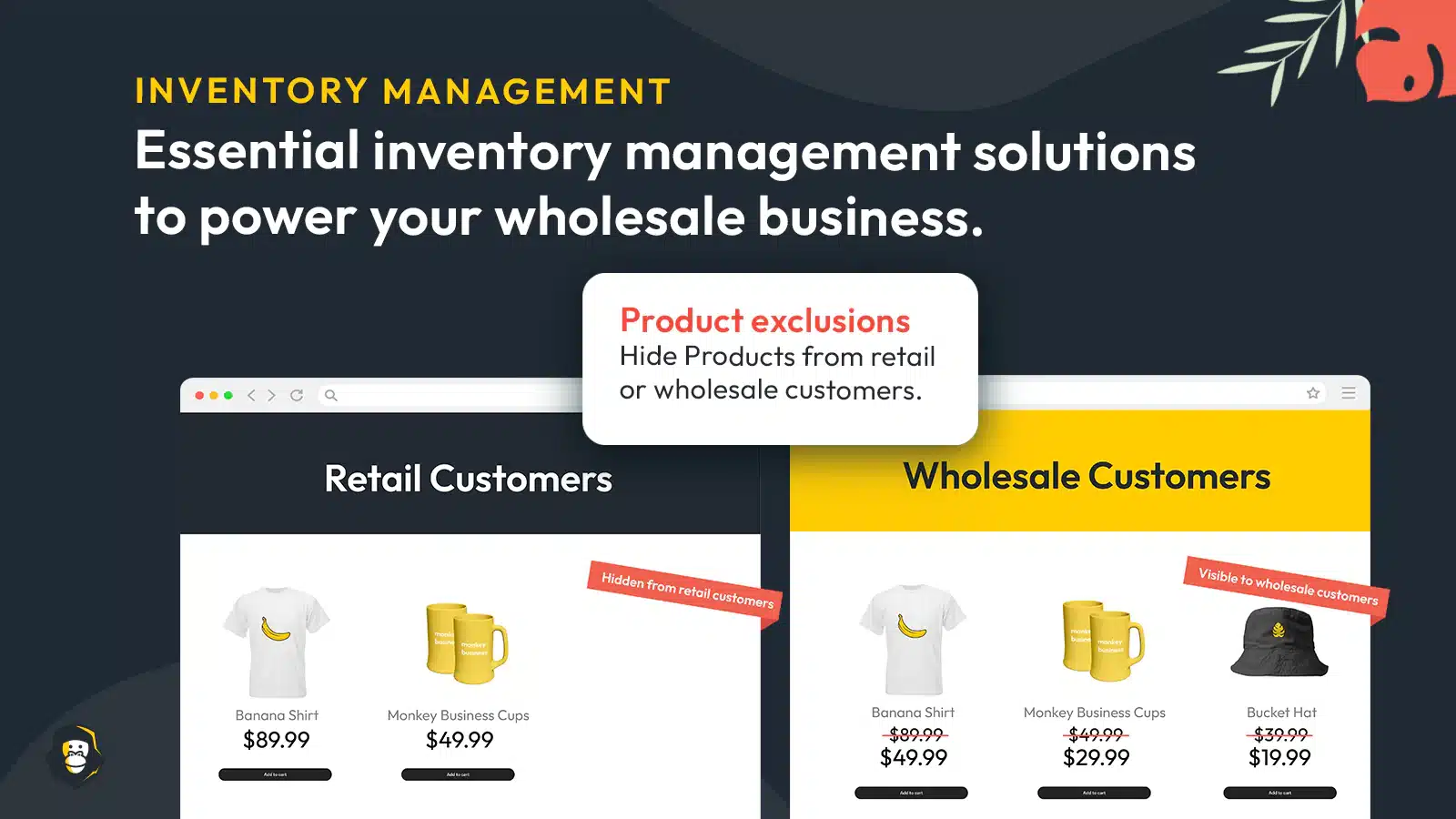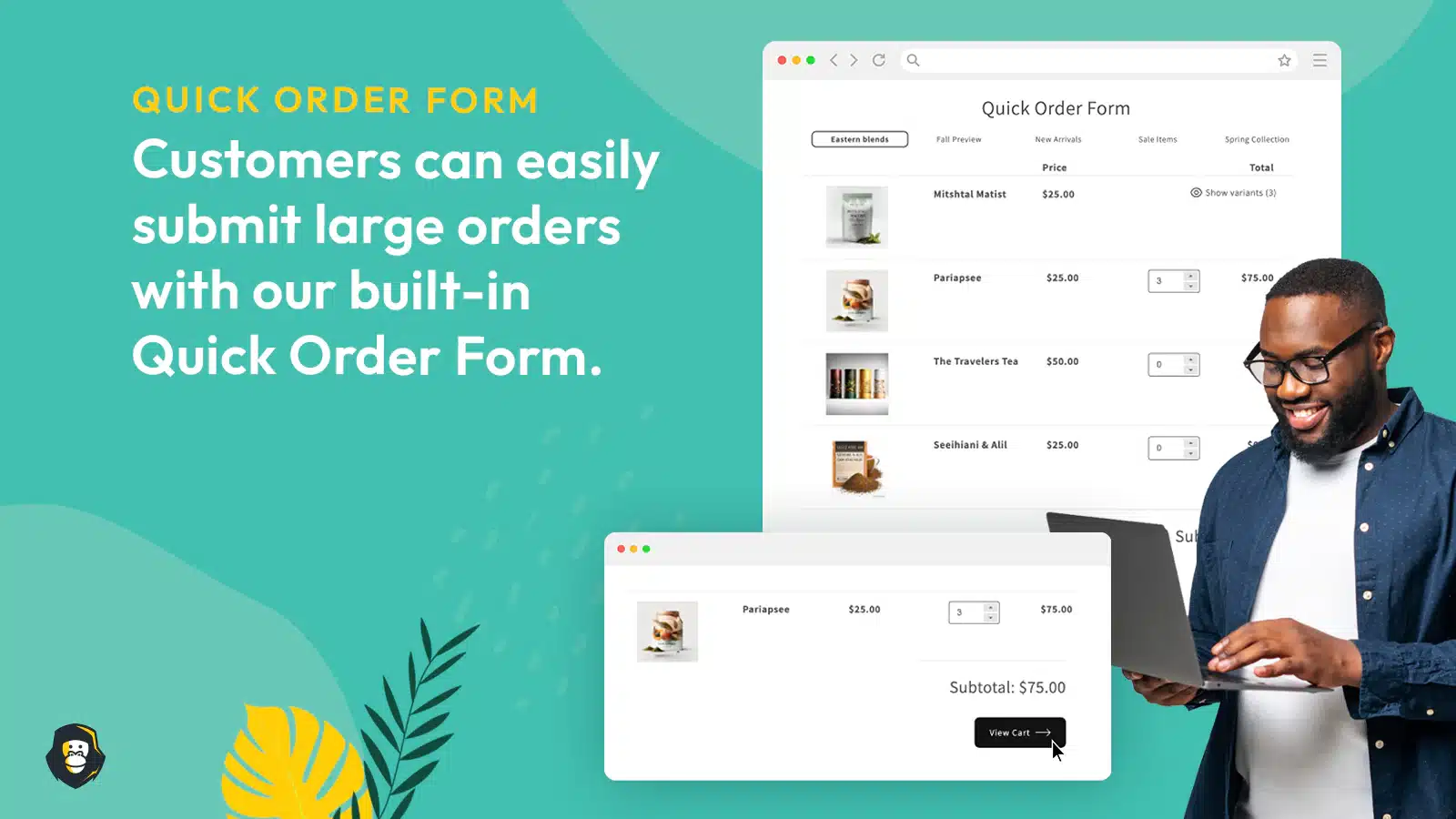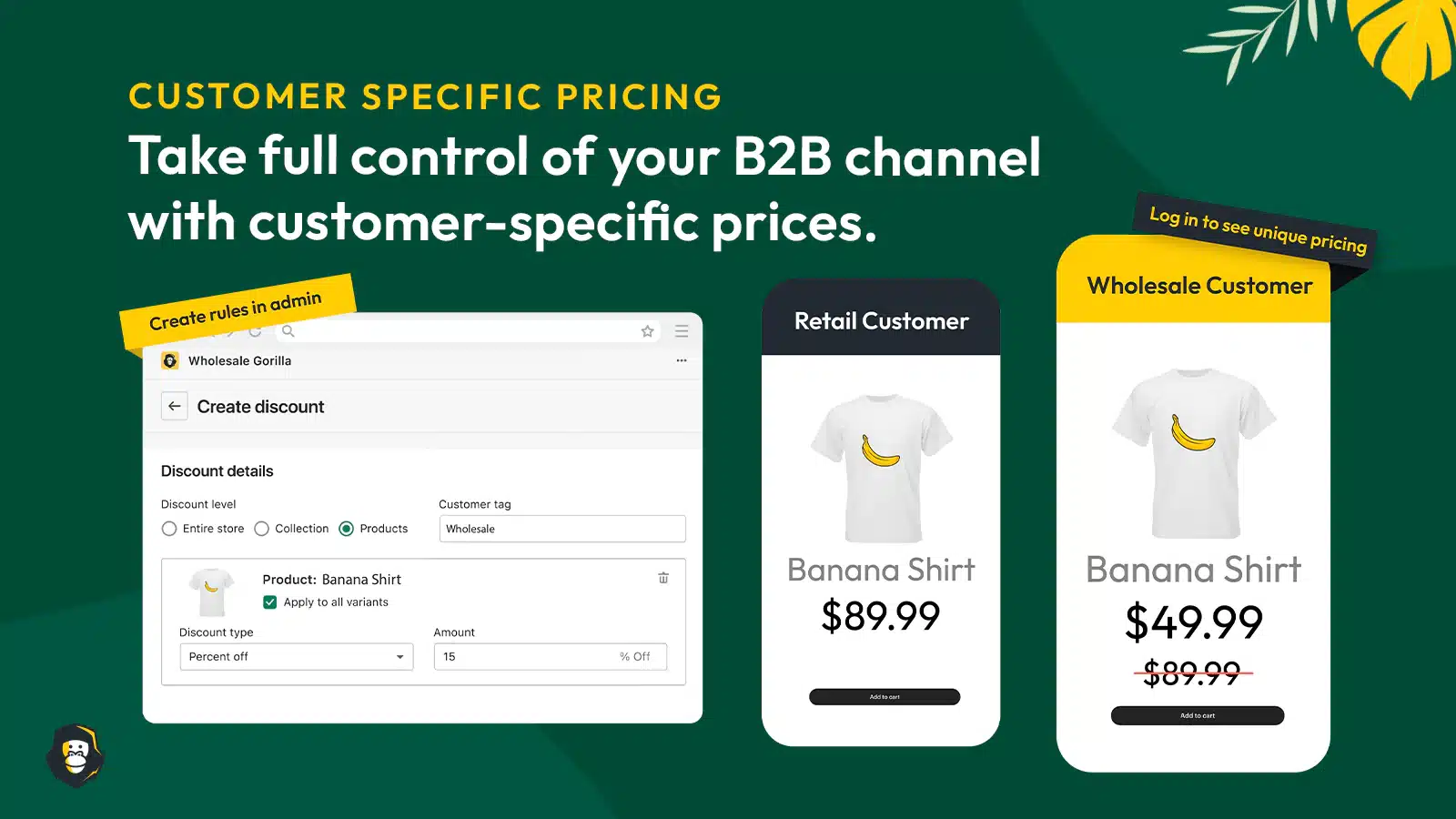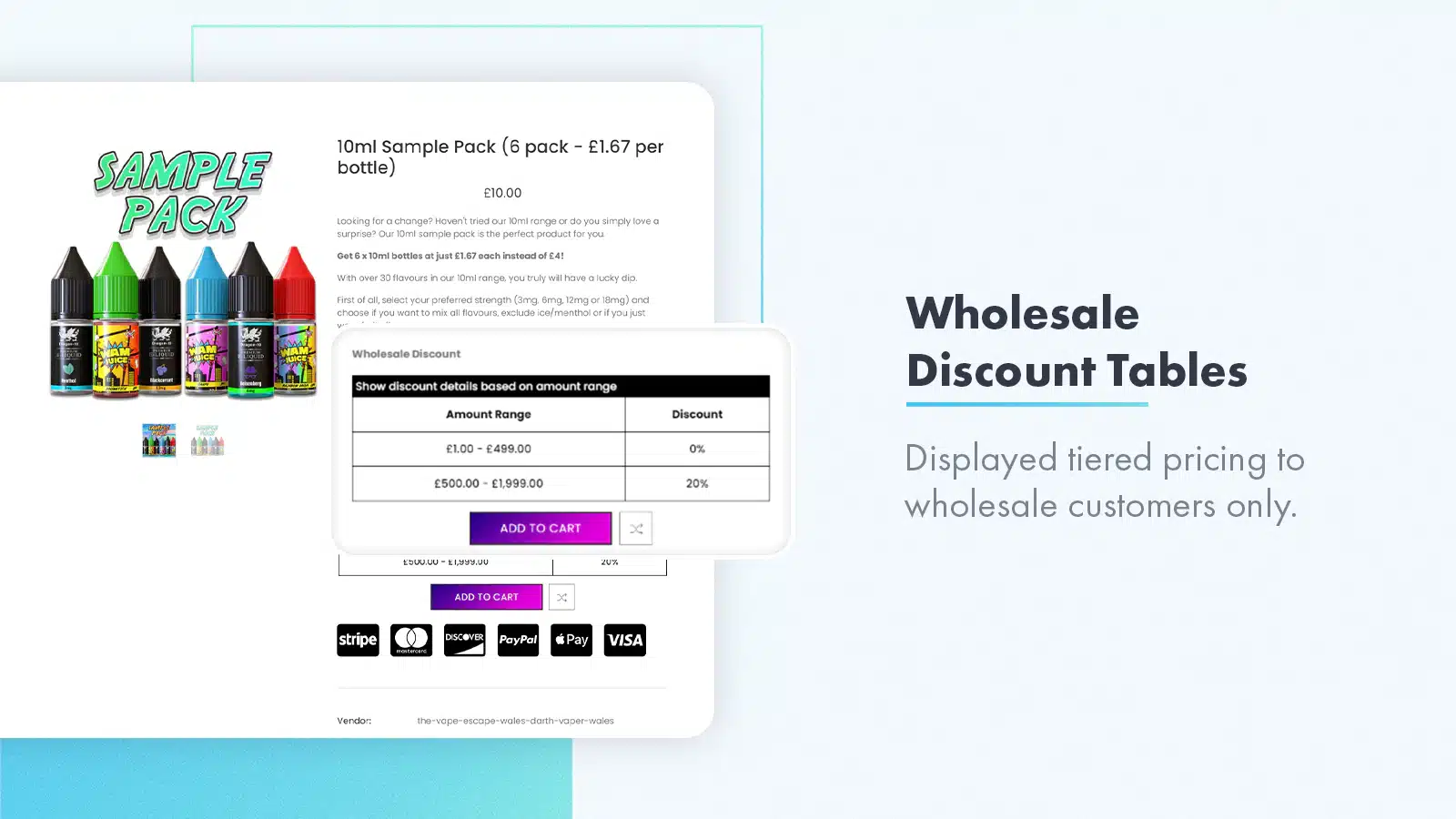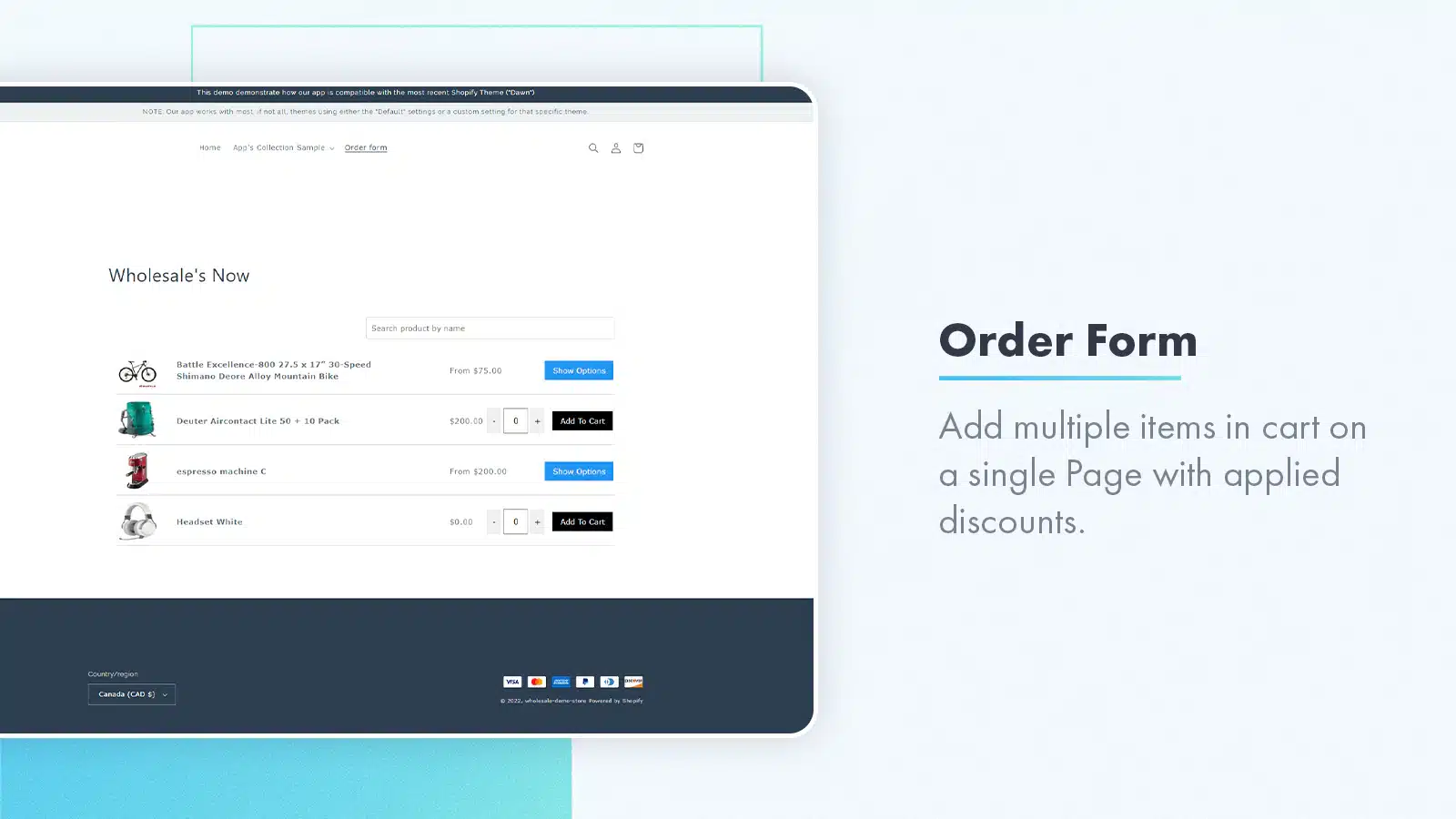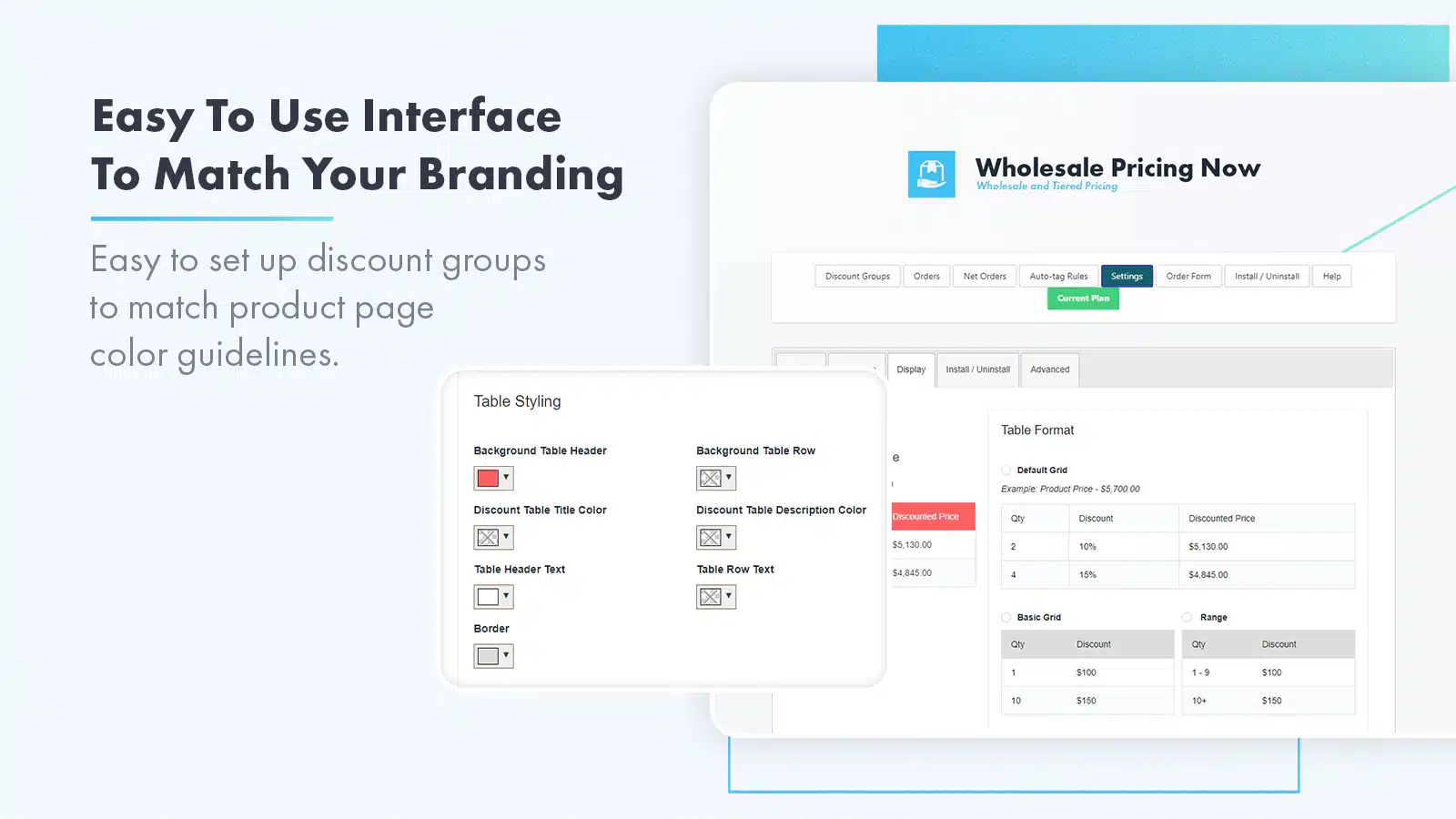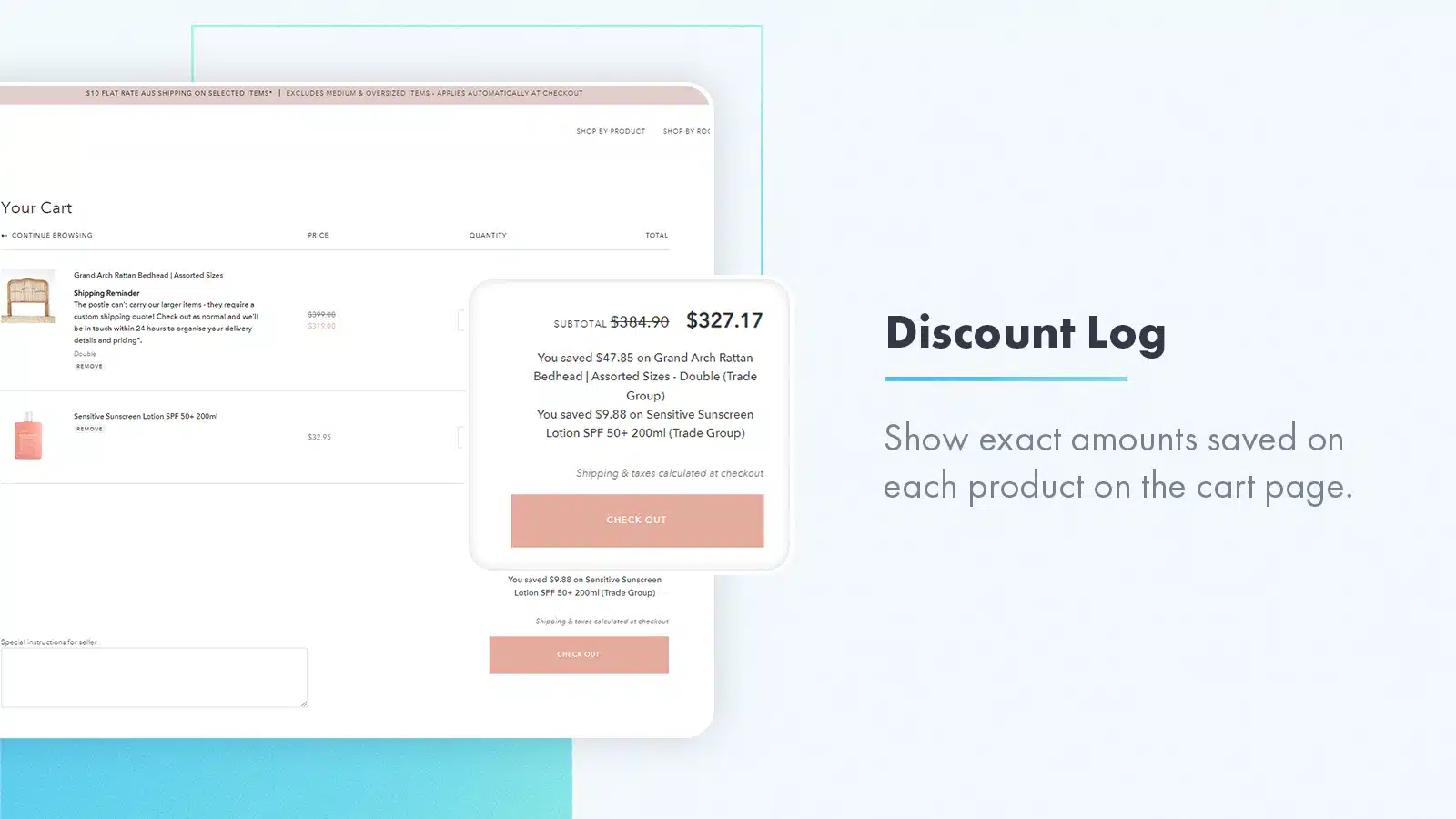Top 9 Best Shopify B2B Ecommerce Apps [March, 2025]
This guide helps ecommerce store owners to compare and find the best B2B Ecommerce apps for Shopify. B2B Ecommerce apps are popular for ecommerce businesses that want tools designed to streamline the complex processes involved in B2B sales. However, with the variety of Shopify apps for B2B Ecommerce, it can be challenging to find the ideal app for store owners’ individual needs.
To help ecommerce store owners make the right choice, the attributes of available Shopify apps have been assessed considering: features, price, free trial availability, app store rating and free app options.
This guide compares five companies for merchants to review and find the optimal B2B Ecommerce app for their needs. To help them make an informed decision, a quick comparison table of the best B2B Ecommerce Shopify apps is shared below, followed by in-depth reviews and frequently asked questions.
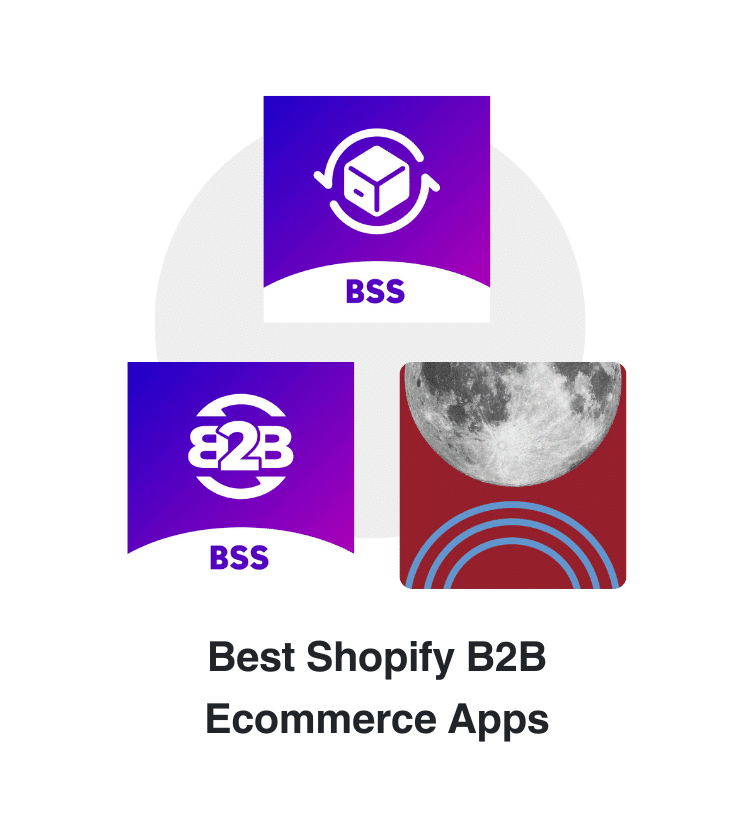

Free Guide: How To Find A Profitable Product To Sell Online
Excited about starting a business, but not sure where to start? This free, comprehensive guide will teach you how to find great, newly trending products with high sales potential.
Quick comparison of the best Shopify B2B Ecommerce apps
| # | App Name | Developer Name | Pricing | Rating | Free Trial | Image | Action |
|---|---|---|---|---|---|---|---|
| 1 | BSS: B2B Subscriptions | BSS Commerce | $5/month | 4.9/5  |
yes | 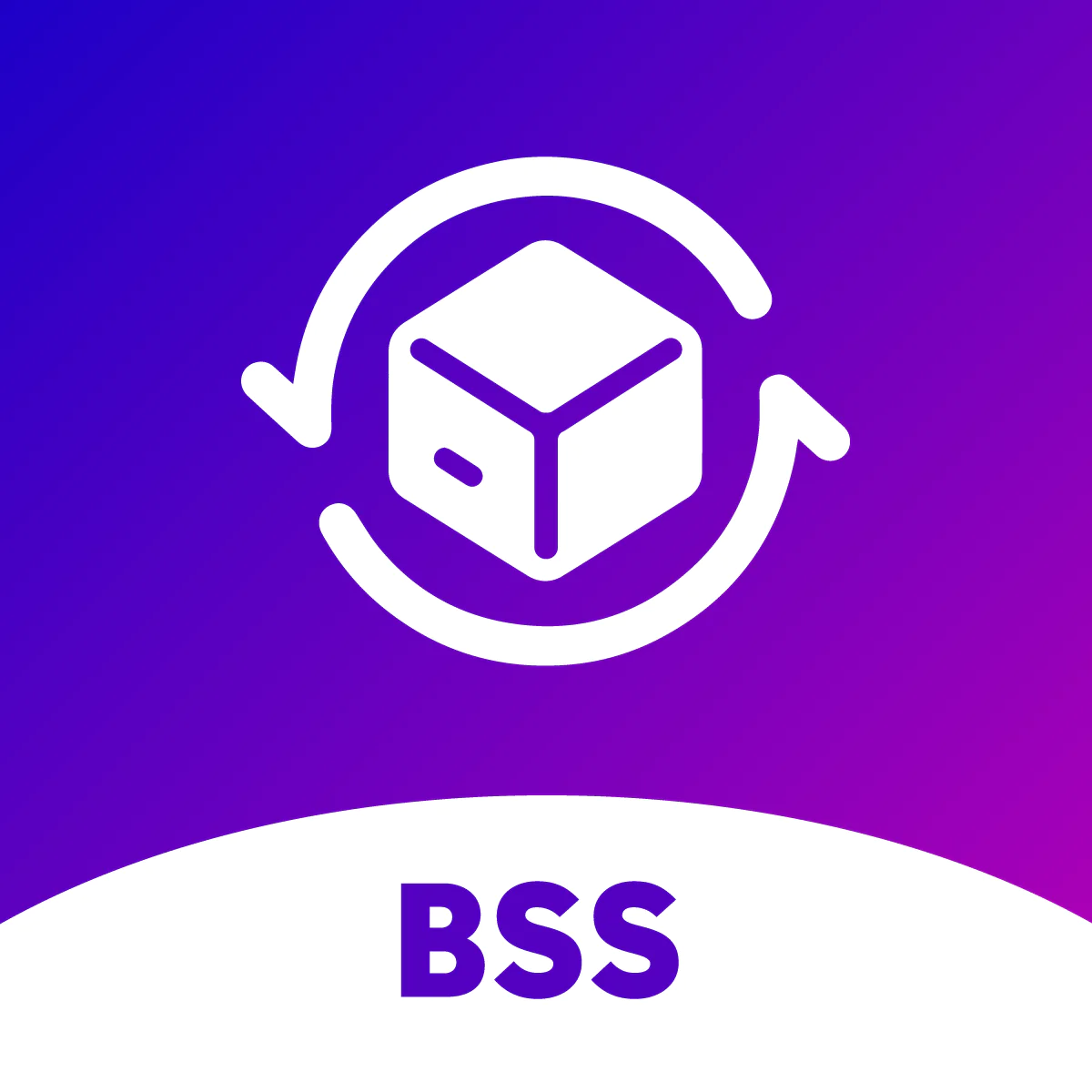 |
Get app |
| 2 | B2B Wholesale Club | Orbit | $39/month | 4.7/5  |
yes |  |
Get app |
| 3 | BSS: B2B/Wholesale Solution | BSS Commerce | $25/month | 4.8/5  |
yes | 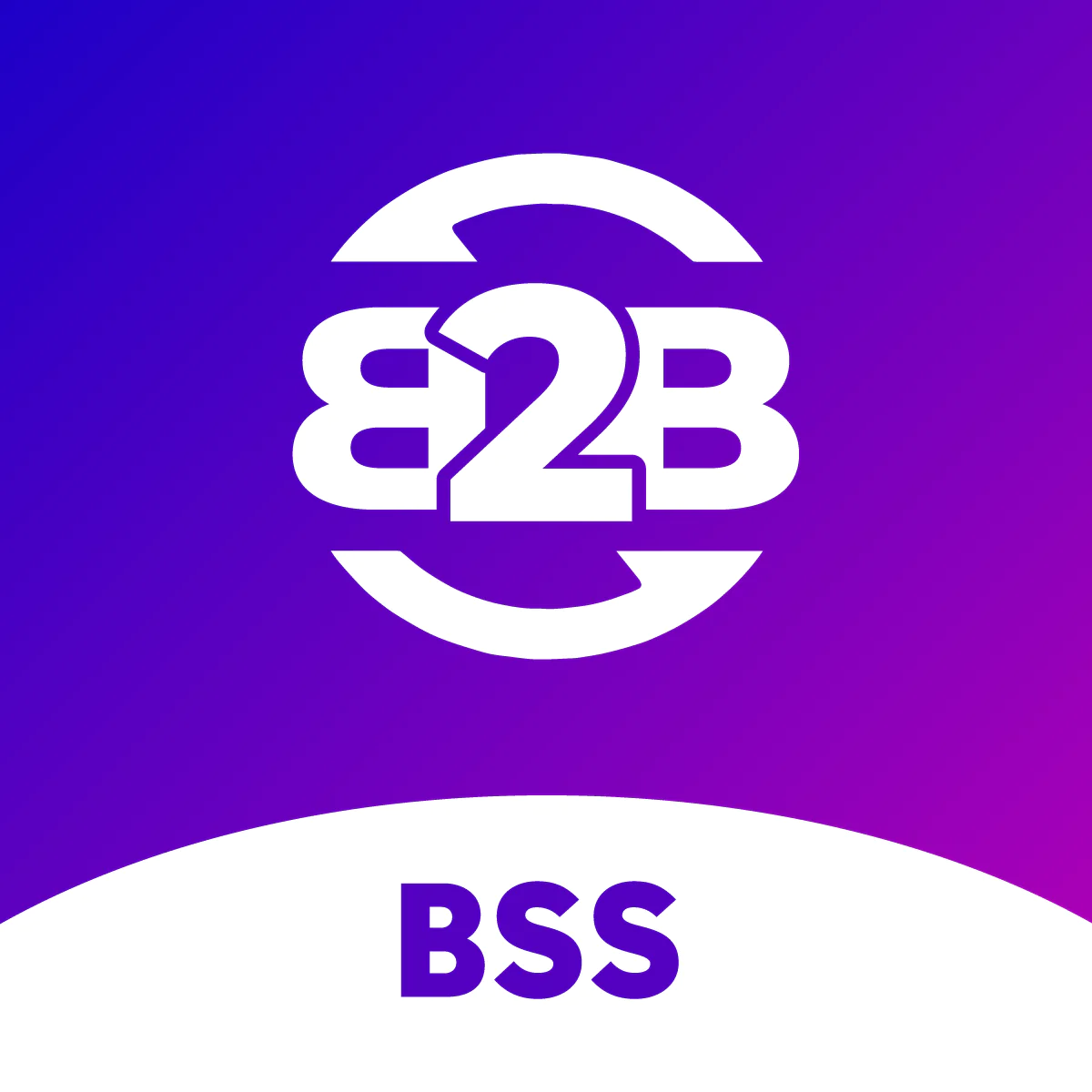 |
Get app |
| 4 | SparkLayer B2B & Wholesale | SparkLayer | $49/month | 4.8/5  |
yes |  |
Get app |
| 5 | BSS: B2B Lock & Hide Price | BSS Commerce | $10/month | 4.8/5  |
yes | 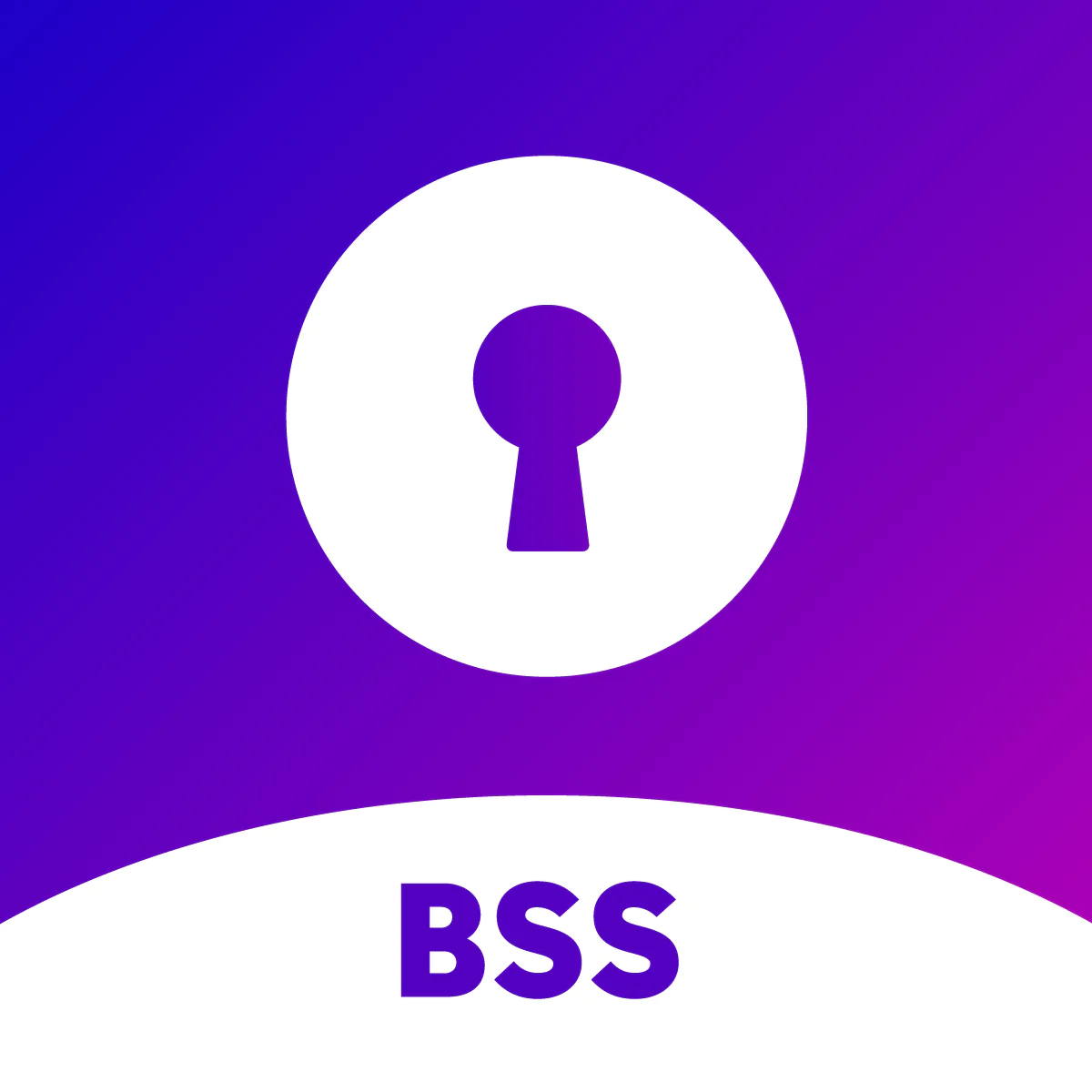 |
Get app |
| 6 | BSS: B2B Portal, Quote, Net 30 | BSS Commerce | $25/month | 4.8/5  |
yes | 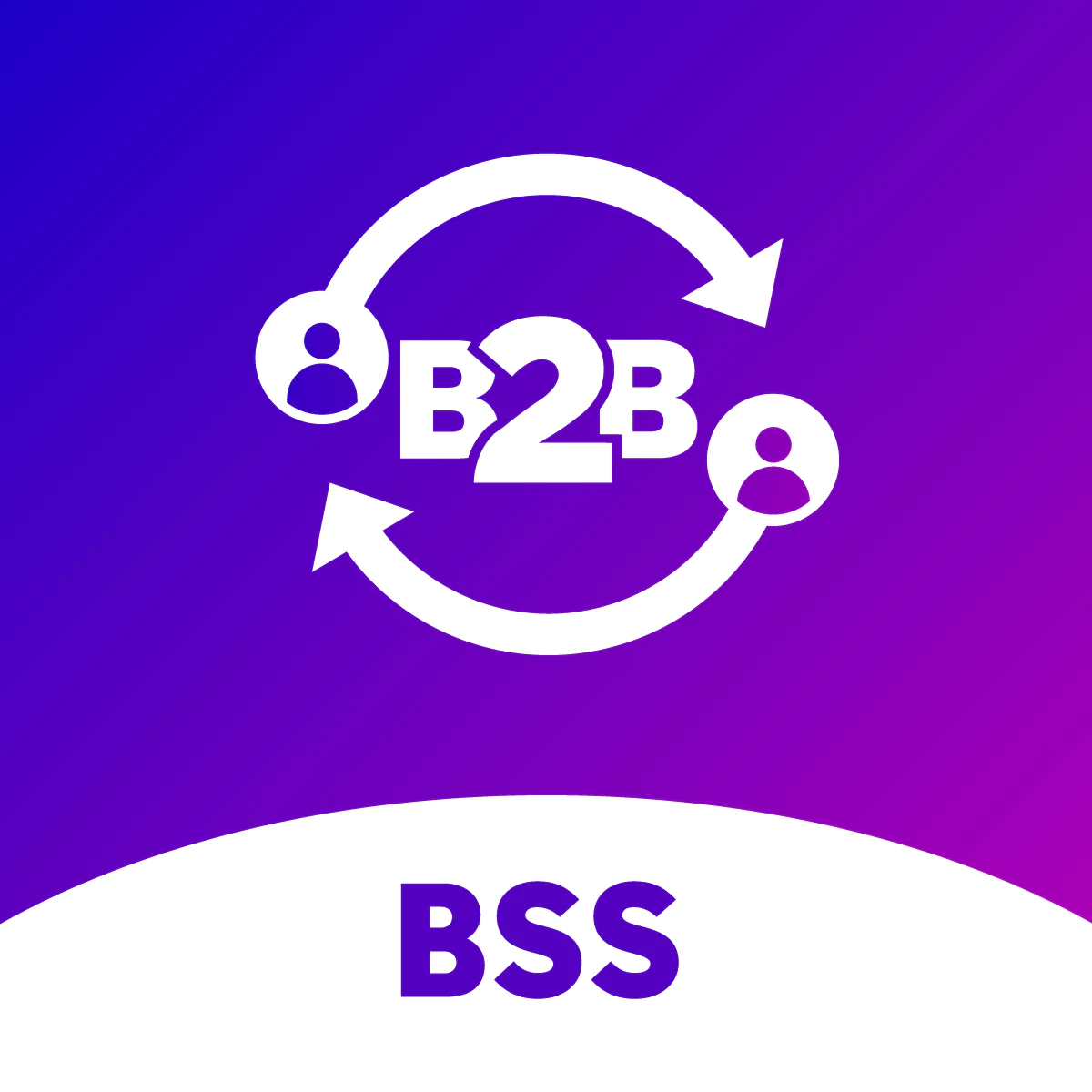 |
Get app |
| 7 | Wholesale Pricing Discount B2B | Wholesale Helper | $19.99/month | 4.7/5  |
yes | 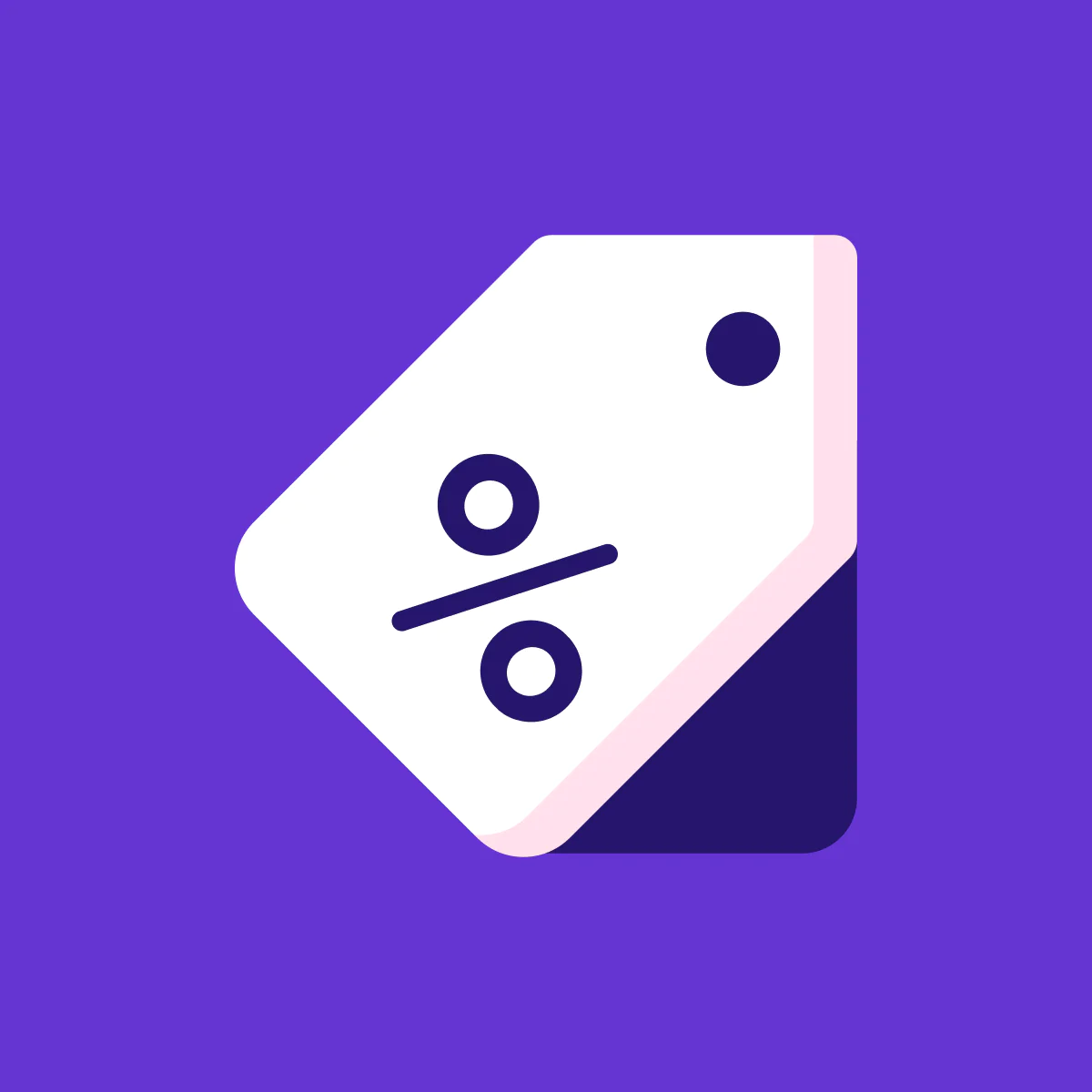 |
Get app |
| 8 | Wholesale Gorilla | Wholesale Gorilla | $34.95/month | 4.5/5  |
yes |  |
Get app |
| 9 | Wholesale Pricing Now WOD | Website On-Demand | $14.95/month | 4.7/5  |
yes |  |
Get app |
Top Shopify B2B Ecommerce apps reviewed
Table of contents:
How to Find The Best B2B Ecommerce Shopify App?
These nine B2B Ecommerce apps for Shopify are ranked based on the following criteria:
- Features
- Price
- Rating on the Shopify app store
- Free trial availability
- Free app options
- Compatibility with other top apps
- Number of apps the app provider operates
- Pros and cons
- Built for Shopify badge
- Reviews and assessment by AcquireConvert
What are Shopify B2B Ecommerce apps?
Shopify B2B Ecommerce apps equip businesses with the necessary tools to cater specifically to B2B operations, distinctively enhancing the functionality of Shopify stores in the realm of wholesale and bulk transactions. These apps come loaded with a suite of features designed to streamline the complex processes involved in B2B sales, making them an integral component for businesses aiming to expand their operations into the wholesale market.
A key feature of B2B Ecommerce apps is the ability to set custom pricing tiers. This functionality allows businesses to offer different pricing structures based on the quantity of products purchased or the status of the customer, such as VIP or long-term clients. This feature not only enables personalized pricing strategies but also encourages bulk purchases, thereby increasing the average order value.
Another notable feature is the capacity for bulk ordering. B2B transactions typically involve larger quantities of goods than retail sales. B2B apps provide tools that make it easy for customers to place large orders, such as quick order forms and bulk order uploads, enhancing the customer experience and streamlining the ordering process for both the buyer and the seller.
Many B2B apps also offer the ability to create private stores or sections within a Shopify store that are accessible only to approved customers. This feature is particularly useful for businesses that want to offer exclusive products or pricing to specific customer groups, such as wholesale clients, without exposing these details to the general public.
In addition, VAT ID collection and tax exemption functionalities are common among B2B Ecommerce apps, catering to the specific needs of B2B customers operating within different tax jurisdictions. This allows businesses to automate the tax exemption process for eligible customers, ensuring compliance and simplifying transactions.
Lastly, B2B Ecommerce apps often integrate with Shopify’s inventory and order management systems, providing businesses with the ability to efficiently manage large orders and customer accounts. This integration ensures that inventory levels are accurately tracked and orders are fulfilled promptly, maintaining high levels of customer satisfaction.
What is B2B?
B2B stands for “Business to Business.” This term describes transactions conducted between two businesses, as opposed to those between a business and individual consumers (B2C). The B2B model is widespread across various industries, including manufacturing, software, wholesale, and services. In this model, one company sells goods or services to another. The purchasing company might use these in its operations, incorporate them into its own products, or resell them to other businesses or directly to consumers.
The nature of B2B transactions is often more complex than B2C. They typically involve larger quantities and higher values. Additionally, the decision-making and fulfillment processes are longer. This complexity stems from the need for detailed agreements, bulk purchases, and the involvement of multiple decision-makers. Consequently, B2B relationships require a strategic approach, focusing on long-term partnerships and mutual benefits.
What is the best eCommerce platform for B2B?
Selecting the best eCommerce platform for B2B operations involves considering factors like business size, specific needs, and technical capabilities. Here’s a summary of top platforms suitable for various B2B requirements:
- OpenCart is a popular choice due to its free, open-source nature, offering powerful SEO, store management, and a wide range of themes and extensions. Its B2B marketplace extension enhances wholesale selling with features like customer group creation and bulk product updates.
- Adobe Commerce, previously Magento, is known for its robust feature set suitable for both B2C and B2B markets. It supports extensive B2B functionalities, including inventory and order management, making it ideal for large businesses seeking an all-inclusive platform.
- Shift4Shop excels with its affordable yet comprehensive features, including various payment options, custom pricing, and customer portals. It is best for businesses that manage diverse products and have the expertise to utilize its full potential.
- Shopify stands out for its user-friendly interface and wide feature range. However, B2B functionalities require Shopify Plus, starting at $2,000 per month. It’s suitable for businesses that also engage in B2C sales.
- WooCommerce B2B is a plugin that adds B2B capabilities to WooCommerce stores. It supports customer groups, B2B registrations, and custom quantities, targeting businesses expanding into B2B.
Each platform offers unique advantages. OpenCart is great for those looking for a free solution; Adobe Commerce suits large companies needing comprehensive features; Shift4Shop offers value for diverse product businesses; Shopify is ideal for user-friendly design and dual B2C and B2B operations; and WooCommerce B2B caters to WooCommerce users branching into B2B. Your choice should align with your business’s specific requirements, budget, and technical resources.
How do I create a B2B Shopify store?
To set up a B2B e-commerce store on Shopify, begin by selecting a suitable Shopify plan. It’s advisable to start with the Basic Shopify plan and upgrade as your business expands. Following this, choose a domain name that is short, catchy, and relevant to your business, and rely on Shopify’s hosting services for reliability.
Next, browse through the themes offered in the Shopify Theme Store and select one that aligns with your brand identity. Take advantage of the preview feature to ensure it suits your needs before finalizing your choice. Once your theme is set, begin adding your products to your Shopify store, either manually or by importing them from a CSV file. Organize your products into collections or categories for easier navigation.
Integrate various payment methods into your store, such as credit cards, Stripe, PayPal, and consider implementing a loyalty program to enhance customer retention. Set shipping rates using Shopify’s built-in shipping calculator and configure automated fulfillment for efficient order processing.
To drive sales and promote your brand, create discount codes offering incentives like discounts or free shipping. Enhance your store’s functionality by installing relevant apps from the Shopify App Store, such as social media integrations and email marketing tools.
Connect your Shopify store with Google Analytics to gain valuable insights into your store’s performance, which can inform your marketing strategies and website improvements. Finally, once all the elements are in place, finalize your store before launching it live. Promote your store and drive traffic to start generating sales in your B2B e-commerce venture.
Conclusion: Best Shopify B2B Ecommerce Apps
It requires time and effort to compare and evaluate features of the various different B2B Ecommerce Shopify apps to find the ideal option.
Shopify store owners must evaluate relevant information to make the optimal choice for their needs.
This guide does the challenging work for merchants by comparing and evaluating the top choices for different B2B Ecommerce Shopify apps. The results of our analysis of the best B2B Ecommerce Shopify apps are listed below:

